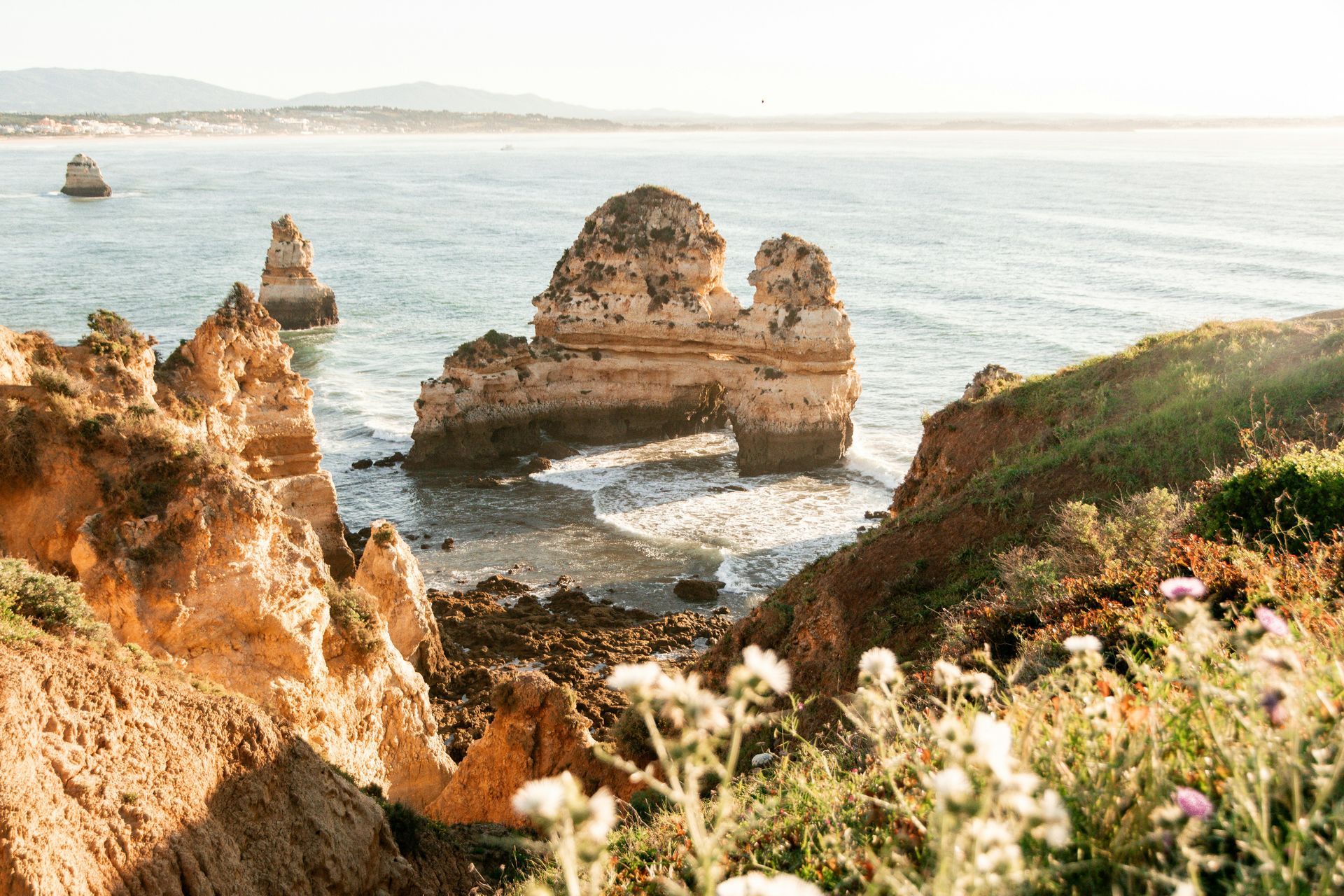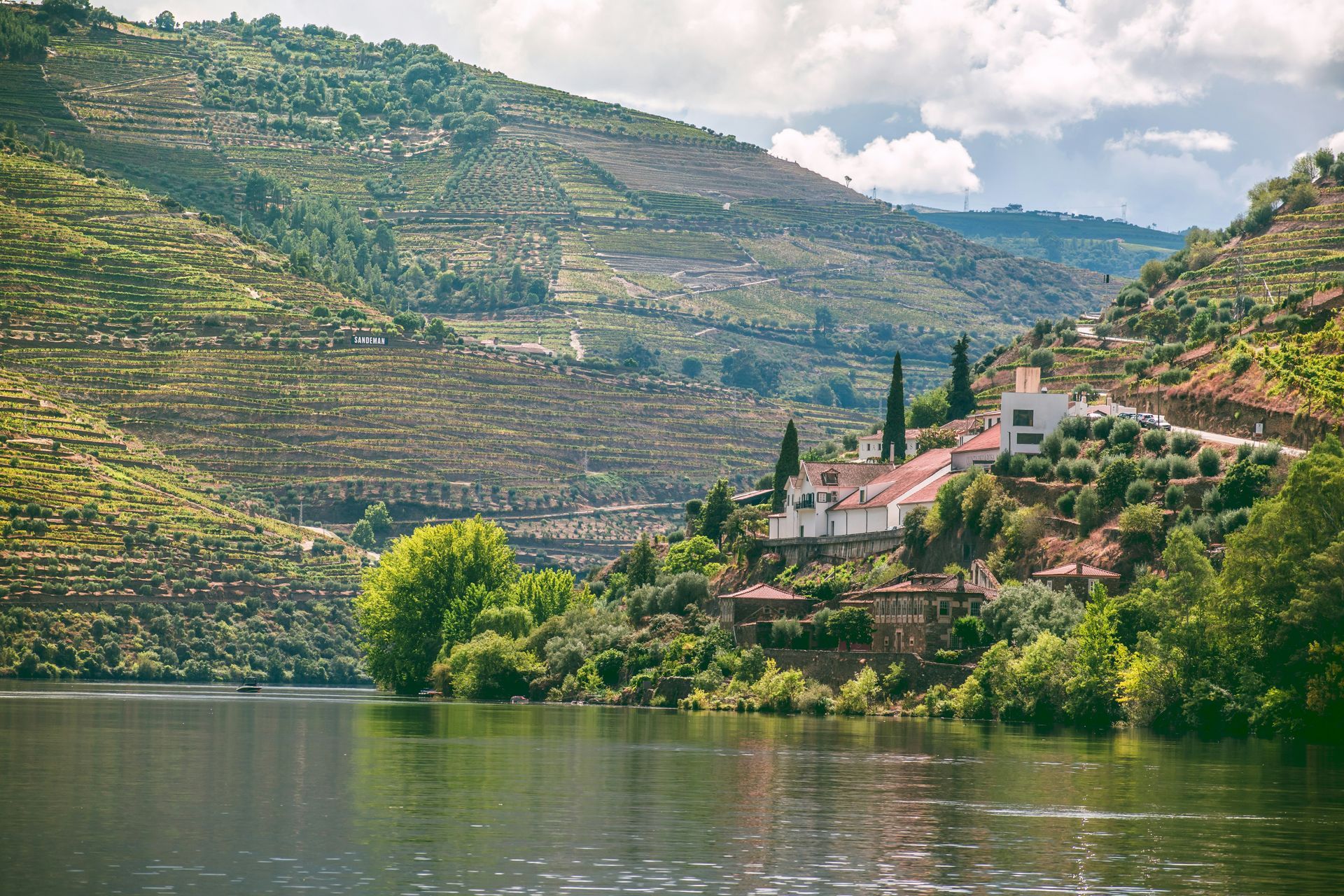Portugal
Portugal is a country of timeless charm, where history, culture, and natural beauty blend seamlessly. From the colorful streets of Lisbon and Porto’s riverside charm to the golden beaches of the Algarve and the volcanic landscapes of the Azores, Portugal offers an incredible variety of experiences. Visitors are drawn to its world-class wines, mouthwatering cuisine, soulful fado music, and warm hospitality. With its rich heritage, coastal treasures, and inviting atmosphere, Portugal is a destination that captivates every traveler.
Portugal
Portugal is a country of timeless charm, where history, culture, and natural beauty blend seamlessly. From the colorful streets of Lisbon and Porto’s riverside charm to the golden beaches of the Algarve and the volcanic landscapes of the Azores, Portugal offers an incredible variety of experiences. Visitors are drawn to its world-class wines, mouthwatering cuisine, soulful fado music, and warm hospitality. With its rich heritage, coastal treasures, and inviting atmosphere, Portugal is a destination that captivates every traveler.
Why Portugal?
Portugal captivates travelers with its rich history, warm hospitality, and stunning variety of landscapes. Ancient castles, colorful traditions, and timeless music reflect a culture deeply rooted in heritage. Its cuisine is a highlight, with fresh seafood, savory dishes, and sweet pastries enjoyed alongside world-renowned wines. From golden coastlines to rolling countryside, Portugal offers endless opportunities to relax, explore, and immerse yourself in authentic experiences that stay with you long after your journey ends.
Land of Sunshine and Port Wine.
Portugal is often called the land of sunshine and Port wine, a reflection of its inviting climate and rich traditions. With mild weather and long, golden days, the country offers the perfect backdrop for outdoor living, from seaside strolls to lively café terraces. In the Douro Valley, terraced vineyards produce the world-famous Port wine, a symbol of Portuguese craftsmanship and heritage. Together, the warmth of the sun and the richness of the wine embody the country’s spirit—welcoming, timeless, and full of flavor.
Why Portugal?
Portugal captivates travelers with its rich history, warm hospitality, and stunning variety of landscapes. Ancient castles, colorful traditions, and timeless music reflect a culture deeply rooted in heritage. Its cuisine is a highlight, with fresh seafood, savory dishes, and sweet pastries enjoyed alongside world-renowned wines. From golden coastlines to rolling countryside, Portugal offers endless opportunities to relax, explore, and immerse yourself in authentic experiences that stay with you long after your journey ends.
Land of Sunshine and Port Wine.
Portugal is often called the land of sunshine and Port wine, a reflection of its inviting climate and rich traditions. With mild weather and long, golden days, the country offers the perfect backdrop for outdoor living, from seaside strolls to lively café terraces. In the Douro Valley, terraced vineyards produce the world-famous Port wine, a symbol of Portuguese craftsmanship and heritage. Together, the warmth of the sun and the richness of the wine embody the country’s spirit—welcoming, timeless, and full of flavor.
Featured Itineraries
Douro River Valley
Uniworld River Cruise
The Portuguese Culture
Portuguese culture is a harmonious blend of history, tradition, and heartfelt expression. Rooted in a seafaring past, it reflects centuries of exploration, artistry, and resilience. Music plays a central role, with the soulful sounds of fado capturing the nation’s spirit, while colorful festivals bring communities together in lively celebration. Food and wine are equally defining, from fresh seafood and hearty stews to world-renowned Port and Vinho Verde, enjoyed with family and friends. The artistry of azulejos, Portugal’s iconic ceramic tiles, adds color and storytelling to streets and landmarks across the country. Warm, welcoming, and deeply tied to heritage, Portuguese culture invites every visitor to experience its richness firsthand.
Festivals & Fado
Fado and festivals are essential expressions of Portuguese culture. Fado, born in Lisbon’s old neighborhoods, is a soulful music of longing and emotion, carried through haunting melodies and heartfelt lyrics that speak of love, loss, and the sea. Balancing this introspective tradition are Portugal’s lively festivals, where streets come alive with music, dance, food, and fireworks. From local village fairs to grand national celebrations, these events bring people together in joy and community. Together, fado and festivals reflect the dual spirit of Portugal—both deeply emotional and joyfully vibrant.
Art & Architecture
Portugal’s art and architecture reflect a rich blend of cultural influences shaped over centuries. From the ornate Manueline style seen in Jerónimos Monastery to Moorish designs in southern palaces and castles, the country’s landmarks showcase both grandeur and detail. Modern creativity thrives too, with contemporary galleries and innovative design adding new dimensions. Artistic traditions extend beyond buildings to the colorful azulejos that adorn walls and streets, turning cities into open-air galleries. Together, Portugal’s art and architecture tell a story of history, identity, and imagination.
Literature & Exploration
Portugal’s cultural identity is deeply tied to its writers and explorers. The nation’s literary tradition shines through the works of Luís de Camões, whose epic poetry celebrated Portugal’s Age of Discovery, and later voices like Fernando Pessoa, who captured the complexities of modern life. Exploration is equally defining—navigators such as Vasco da Gama and Ferdinand Magellan expanded the horizons of the known world, leaving a legacy of adventure and global connection. Together, literature and exploration reflect Portugal’s enduring spirit of curiosity, creativity, and discovery.
The Portuguese Culture
Portuguese culture is a harmonious blend of history, tradition, and heartfelt expression. Rooted in a seafaring past, it reflects centuries of exploration, artistry, and resilience. Music plays a central role, with the soulful sounds of fado capturing the nation’s spirit, while colorful festivals bring communities together in lively celebration. Food and wine are equally defining, from fresh seafood and hearty stews to world-renowned Port and Vinho Verde, enjoyed with family and friends. The artistry of azulejos, Portugal’s iconic ceramic tiles, adds color and storytelling to streets and landmarks across the country. Warm, welcoming, and deeply tied to heritage, Portuguese culture invites every visitor to experience its richness firsthand.
Festivals & Fado
Fado and festivals are essential expressions of Portuguese culture. Fado, born in Lisbon’s old neighborhoods, is a soulful music of longing and emotion, carried through haunting melodies and heartfelt lyrics that speak of love, loss, and the sea. Balancing this introspective tradition are Portugal’s lively festivals, where streets come alive with music, dance, food, and fireworks. From local village fairs to grand national celebrations, these events bring people together in joy and community. Together, fado and festivals reflect the dual spirit of Portugal—both deeply emotional and joyfully vibrant.
Art & Architecture
Portugal’s art and architecture reflect a rich blend of cultural influences shaped over centuries. From the ornate Manueline style seen in Jerónimos Monastery to Moorish designs in southern palaces and castles, the country’s landmarks showcase both grandeur and detail. Modern creativity thrives too, with contemporary galleries and innovative design adding new dimensions. Artistic traditions extend beyond buildings to the colorful azulejos that adorn walls and streets, turning cities into open-air galleries. Together, Portugal’s art and architecture tell a story of history, identity, and imagination.
Literature & Exploration
Portugal’s cultural identity is deeply tied to its writers and explorers. The nation’s literary tradition shines through the works of Luís de Camões, whose epic poetry celebrated Portugal’s Age of Discovery, and later voices like Fernando Pessoa, who captured the complexities of modern life. Exploration is equally defining—navigators such as Vasco da Gama and Ferdinand Magellan expanded the horizons of the known world, leaving a legacy of adventure and global connection. Together, literature and exploration reflect Portugal’s enduring spirit of curiosity, creativity, and discovery.
The Portuguese Culture
Portuguese culture is a harmonious blend of history, tradition, and heartfelt expression. Rooted in a seafaring past, it reflects centuries of exploration, artistry, and resilience. Music plays a central role, with the soulful sounds of fado capturing the nation’s spirit, while colorful festivals bring communities together in lively celebration. Food and wine are equally defining, from fresh seafood and hearty stews to world-renowned Port and Vinho Verde, enjoyed with family and friends. The artistry of azulejos, Portugal’s iconic ceramic tiles, adds color and storytelling to streets and landmarks across the country. Warm, welcoming, and deeply tied to heritage, Portuguese culture invites every visitor to experience its richness firsthand.
Festivals & Fado
Fado and festivals are essential expressions of Portuguese culture. Fado, born in Lisbon’s old neighborhoods, is a soulful music of longing and emotion, carried through haunting melodies and heartfelt lyrics that speak of love, loss, and the sea. Balancing this introspective tradition are Portugal’s lively festivals, where streets come alive with music, dance, food, and fireworks. From local village fairs to grand national celebrations, these events bring people together in joy and community. Together, fado and festivals reflect the dual spirit of Portugal—both deeply emotional and joyfully vibrant.
Art & Architecture
Portugal’s art and architecture reflect a rich blend of cultural influences shaped over centuries. From the ornate Manueline style seen in Jerónimos Monastery to Moorish designs in southern palaces and castles, the country’s landmarks showcase both grandeur and detail. Modern creativity thrives too, with contemporary galleries and innovative design adding new dimensions. Artistic traditions extend beyond buildings to the colorful azulejos that adorn walls and streets, turning cities into open-air galleries. Together, Portugal’s art and architecture tell a story of history, identity, and imagination.
Literature & Exploration
Portugal’s cultural identity is deeply tied to its writers and explorers. The nation’s literary tradition shines through the works of Luís de Camões, whose epic poetry celebrated Portugal’s Age of Discovery, and later voices like Fernando Pessoa, who captured the complexities of modern life. Exploration is equally defining—navigators such as Vasco da Gama and Ferdinand Magellan expanded the horizons of the known world, leaving a legacy of adventure and global connection. Together, literature and exploration reflect Portugal’s enduring spirit of curiosity, creativity, and discovery.
Featured Destinations

Slide title
Lisbon
Button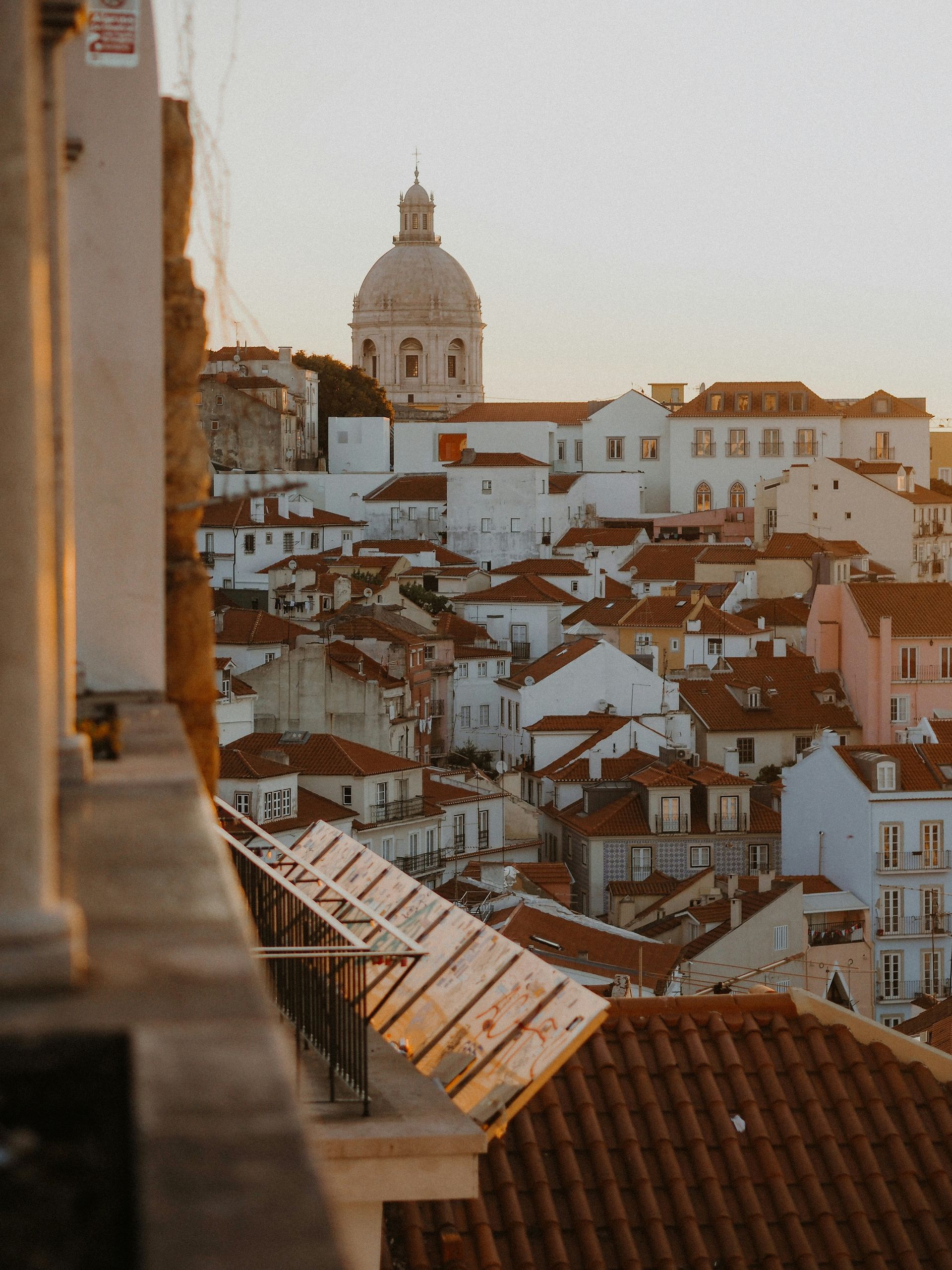
Slide title
Lisbon
Button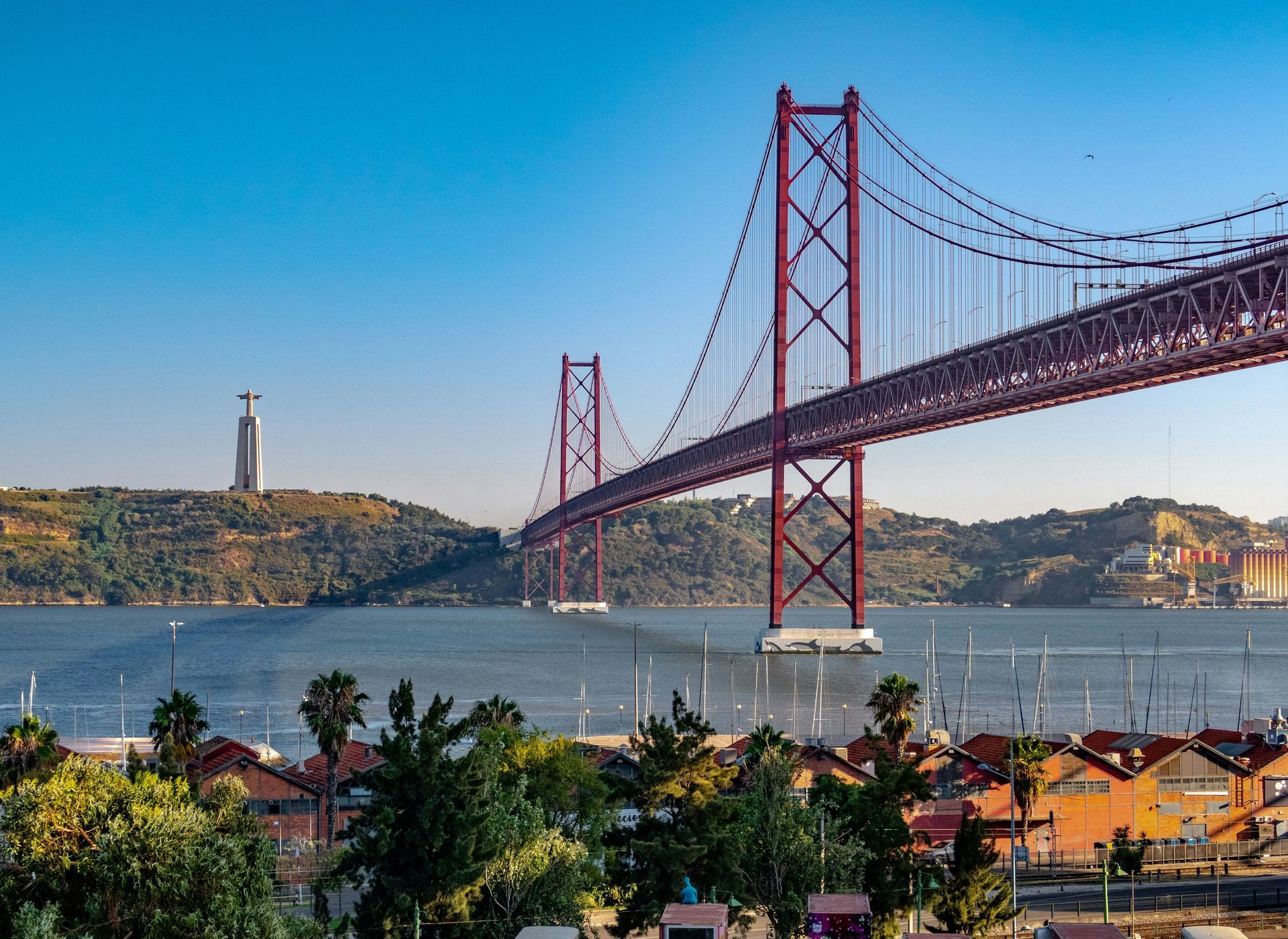
Slide title
Lisbon
Button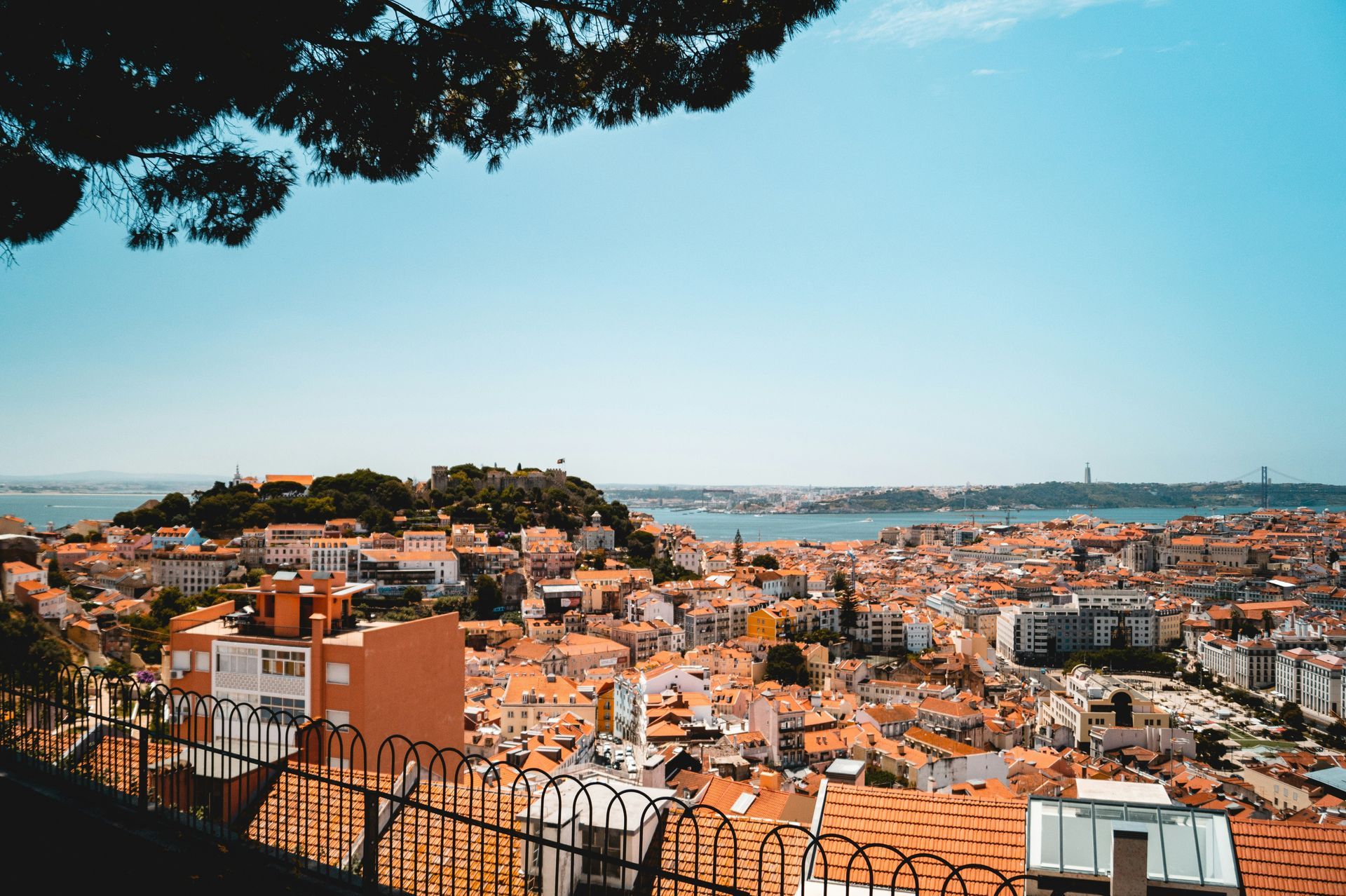
Slide title
Lisbon
Button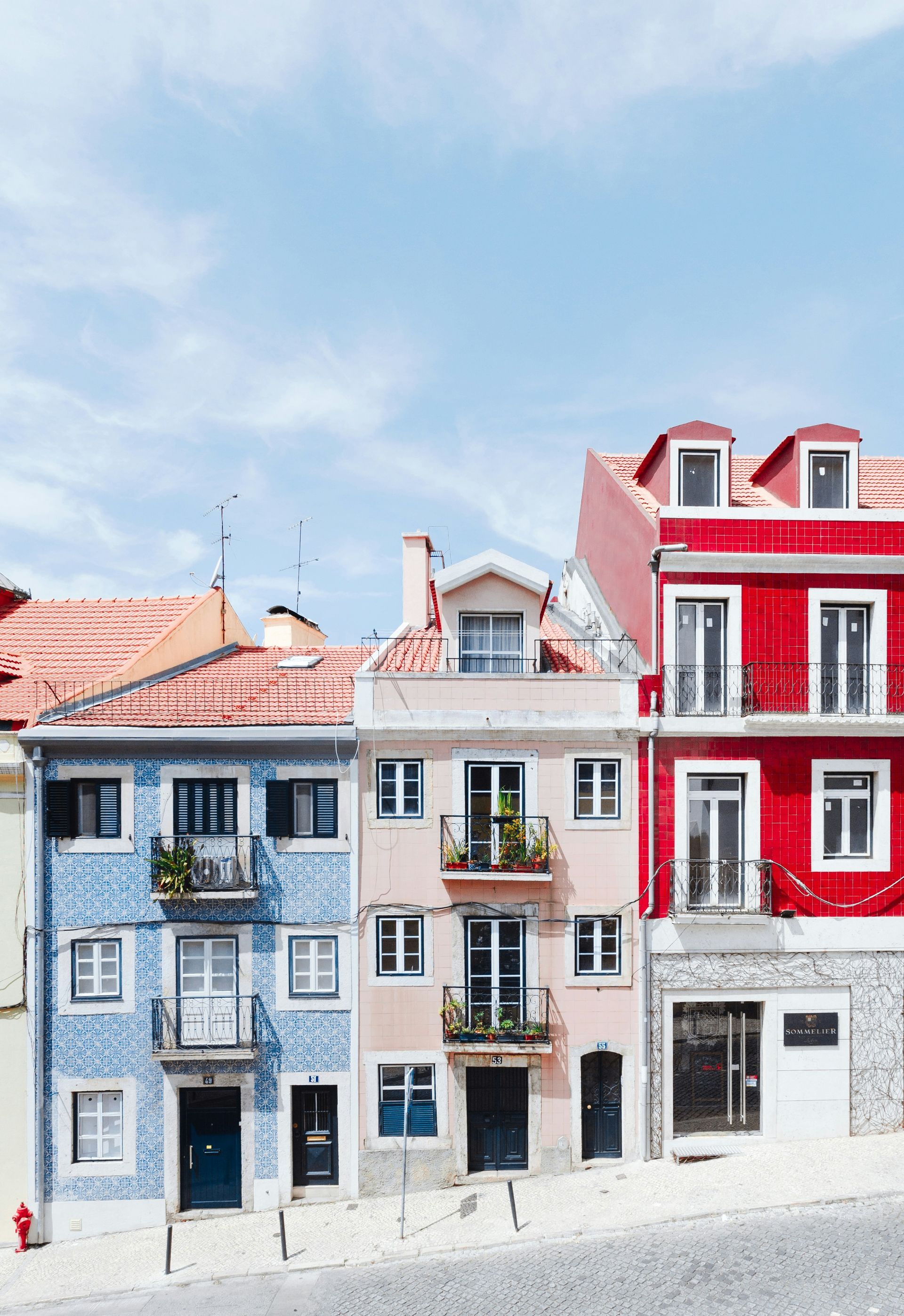
Slide title
Lisbon
Button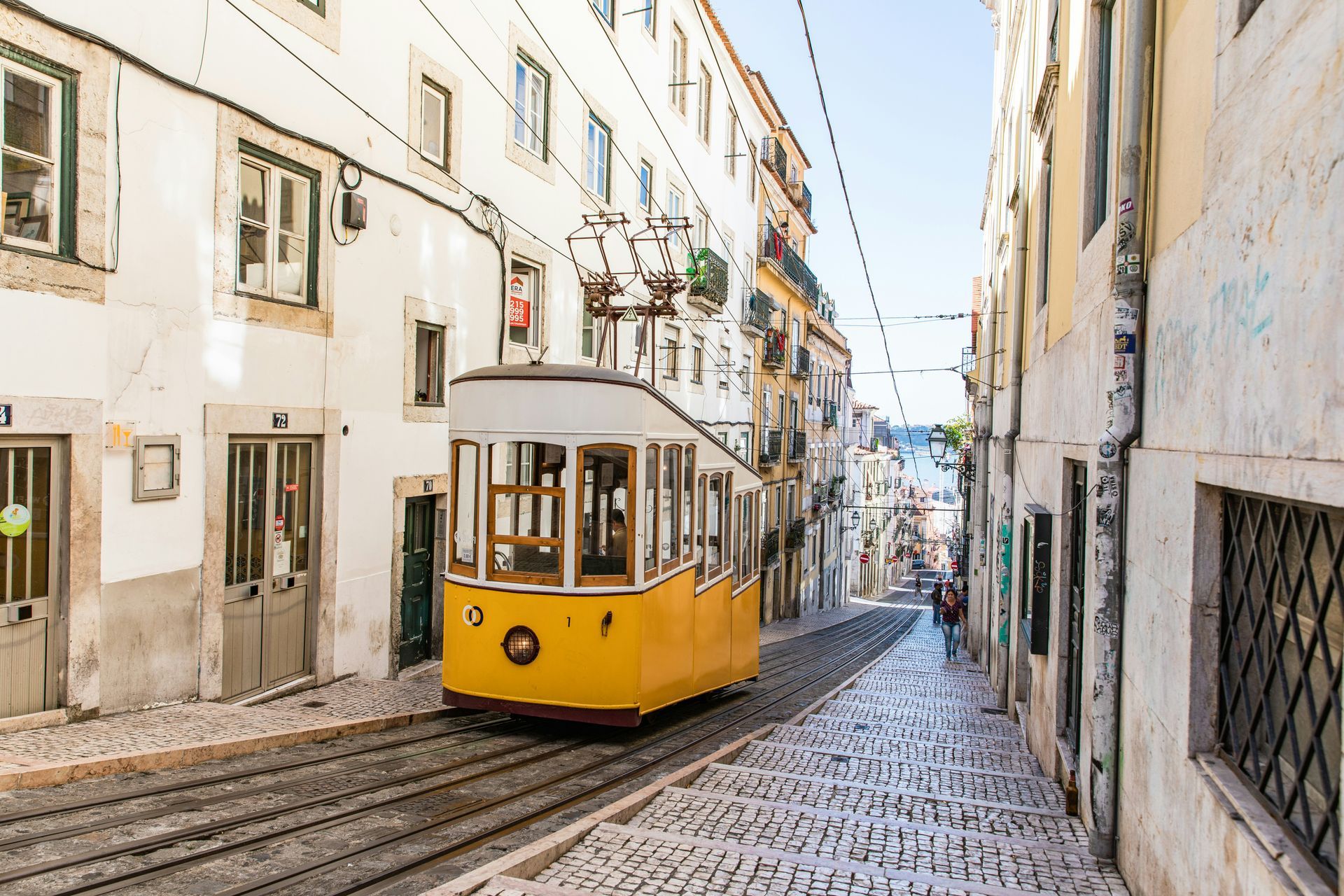
Slide title
Lisbon
Button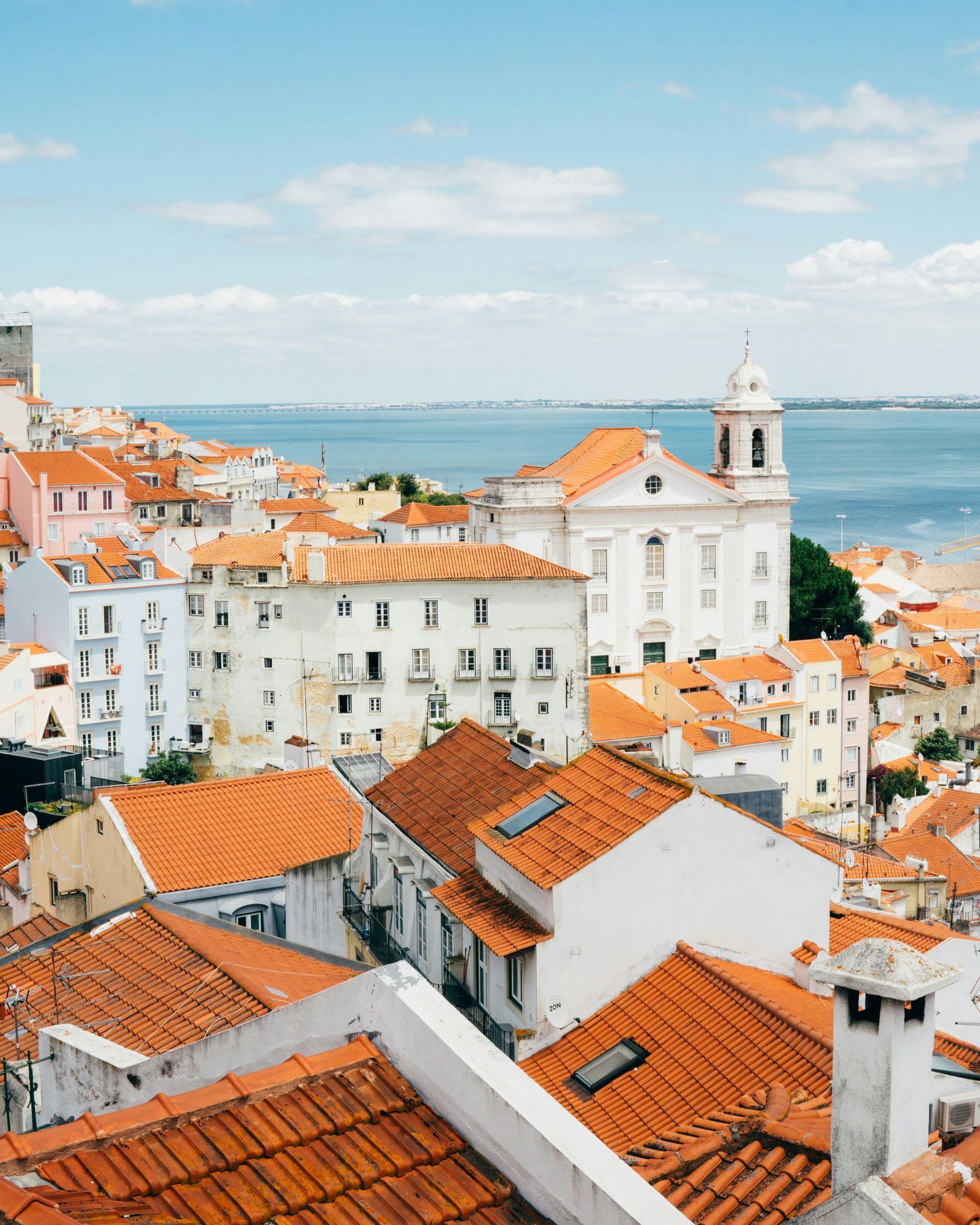
Slide title
Lisbon
Button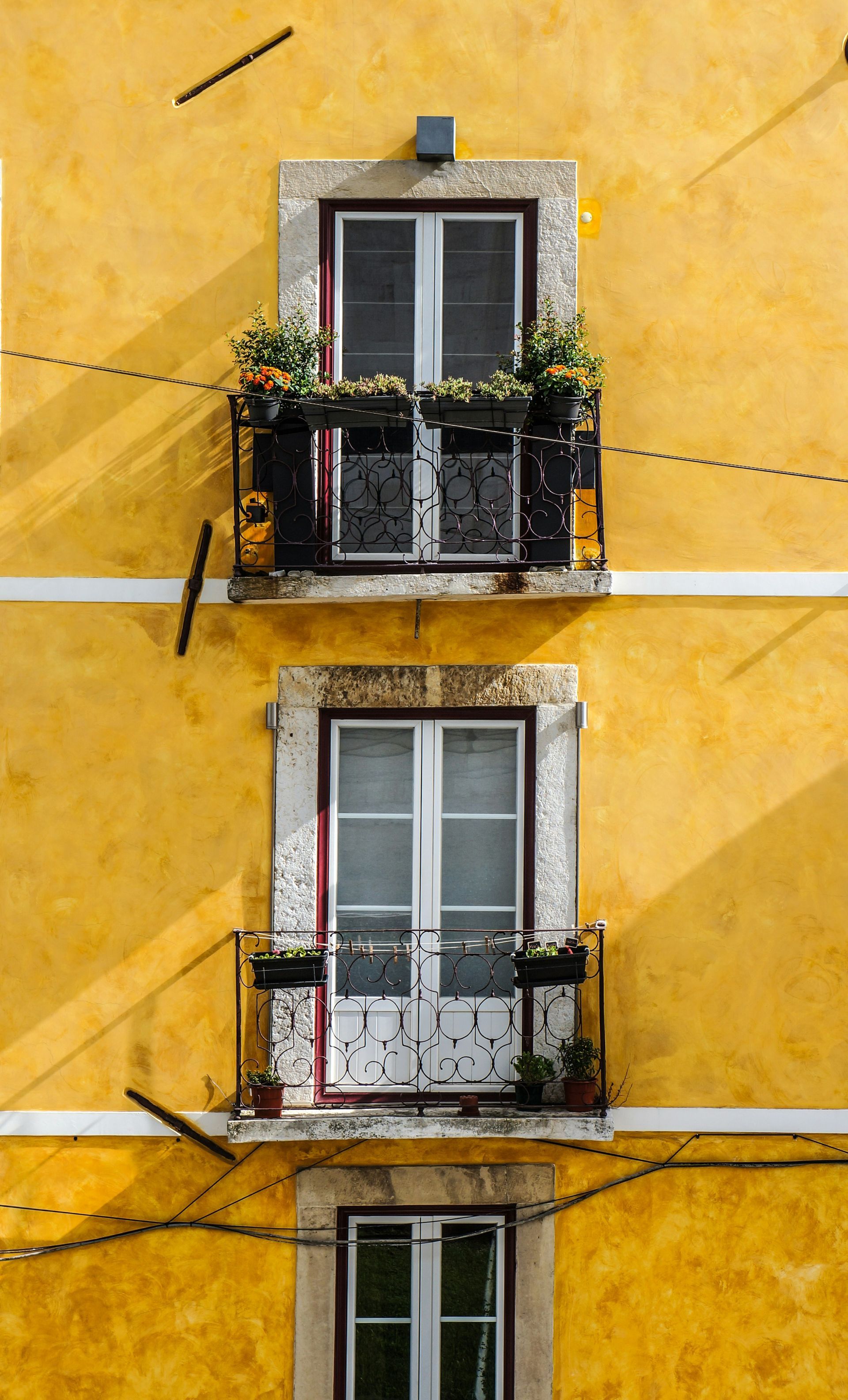
Slide title
Lisbon
Button

Slide title
The Algarve
Button
Slide title
The Algarve
Button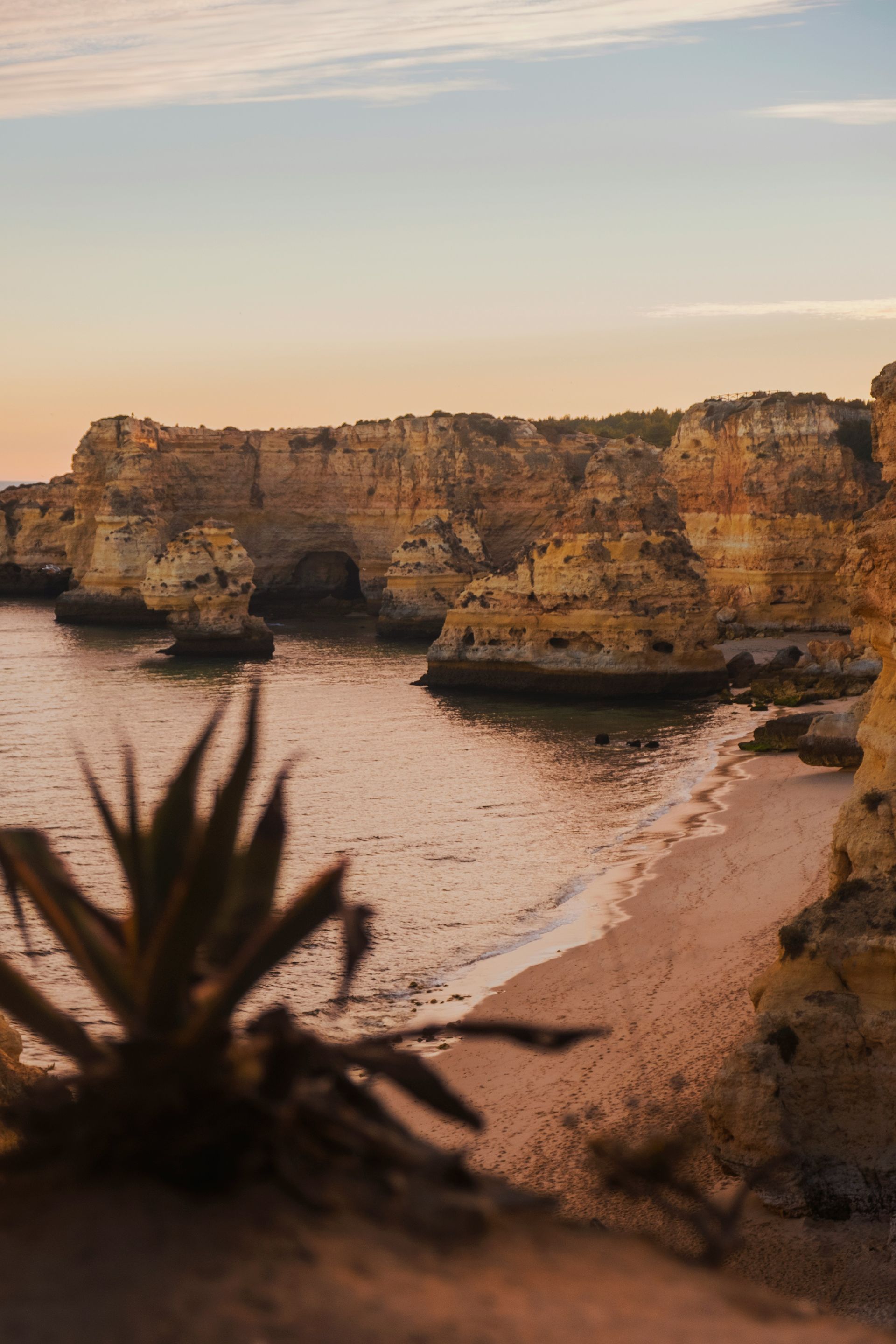
Slide title
The Algarve
Button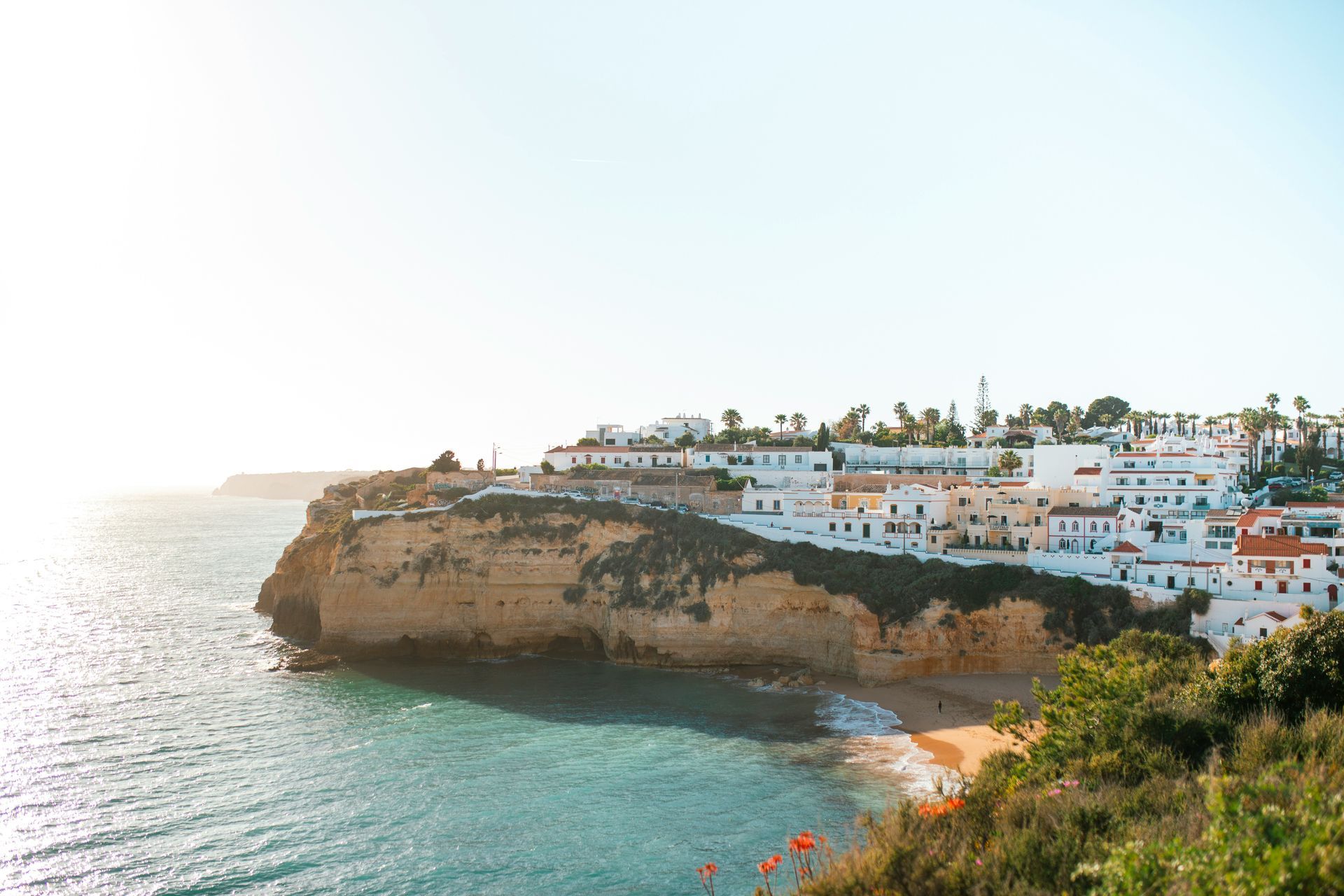
Slide title
The Algarve
Button
Slide title
The Algarve
Button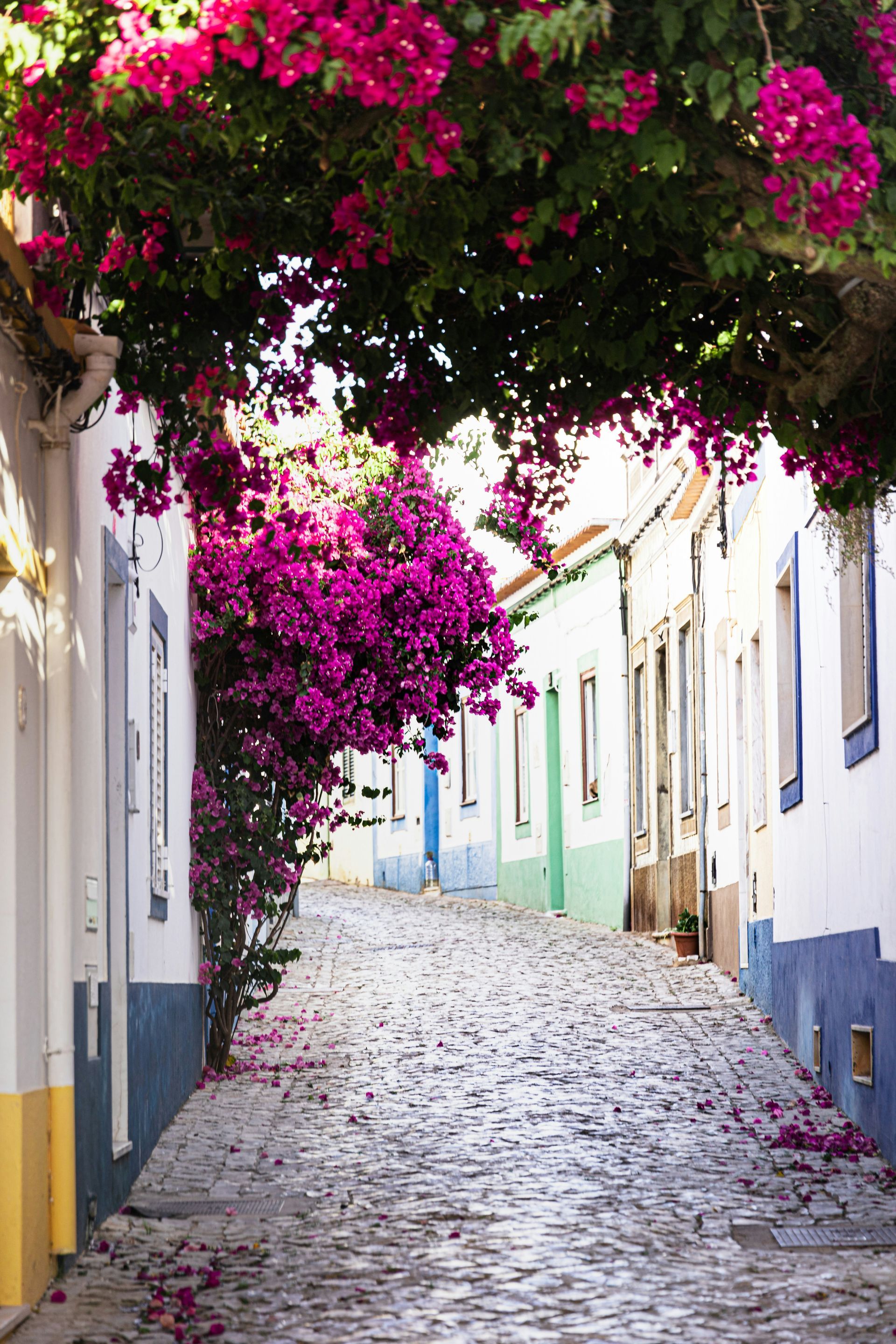
Slide title
The Algarve
Button
Slide title
The Algarve
Button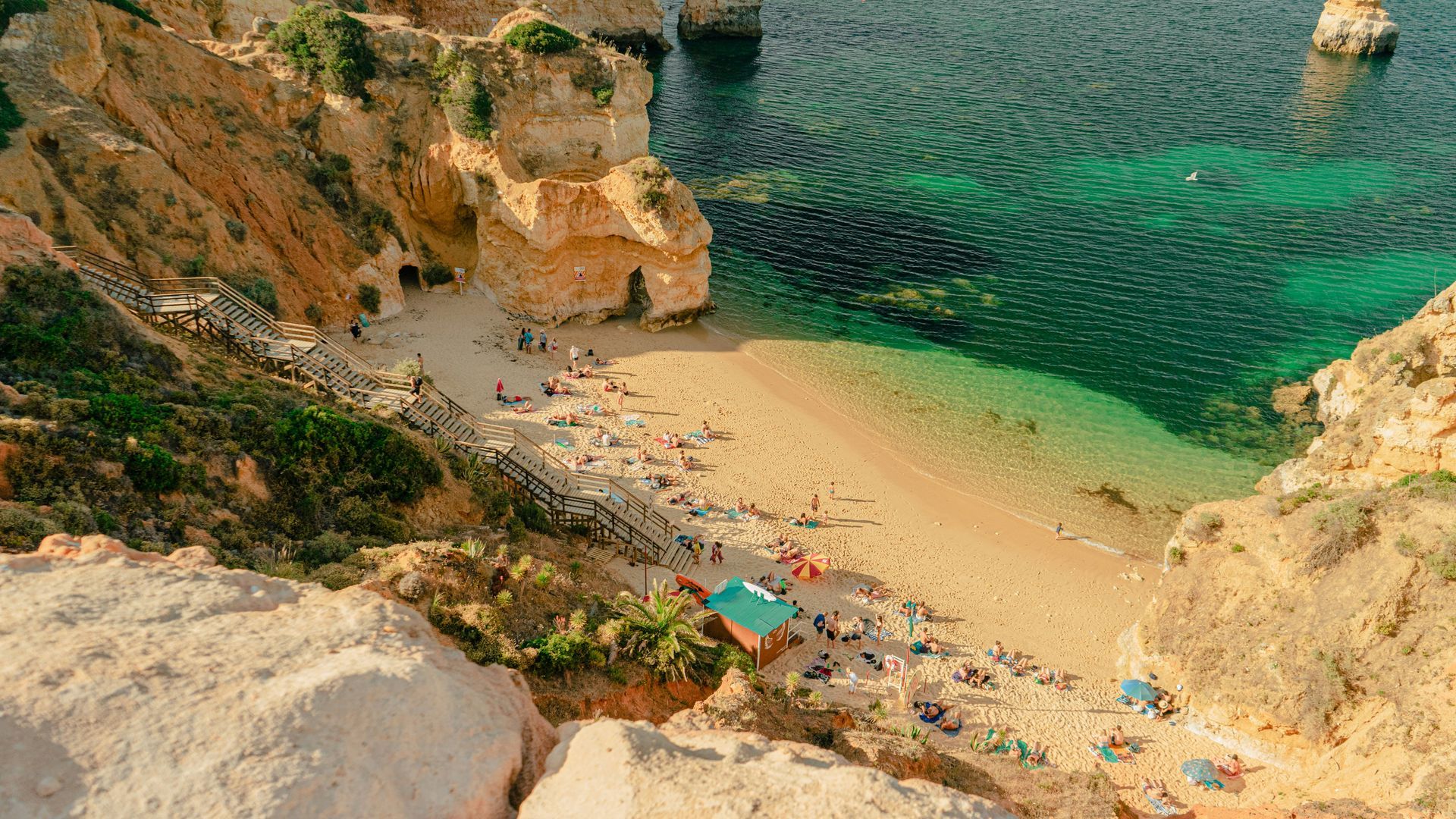
Slide title
The Algarve
Button
Slide title
The Algarve
Button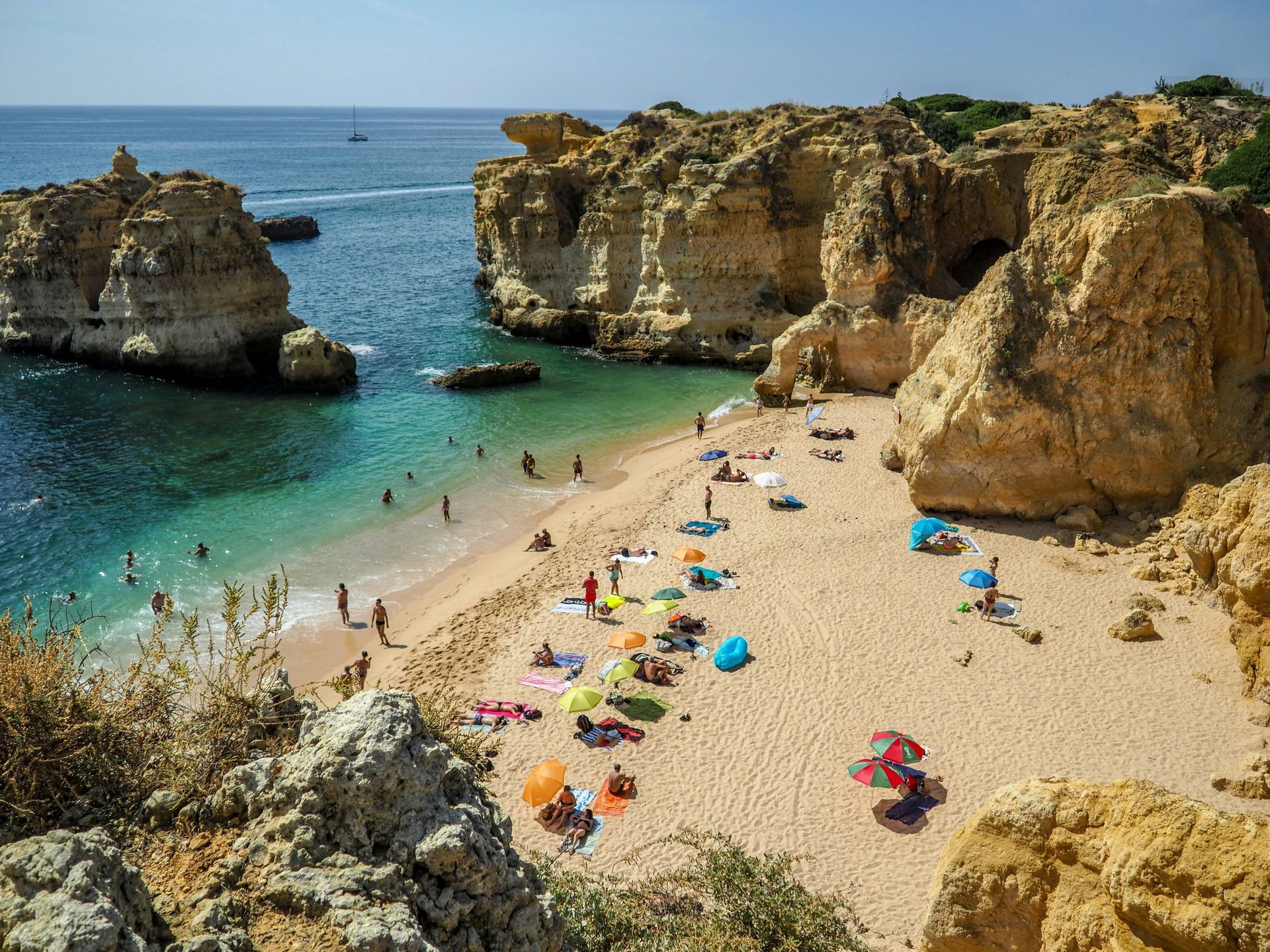
Slide title
The Algarve
Button
Slide title
The Algarve
Button
Slide title
The Algarve
Button
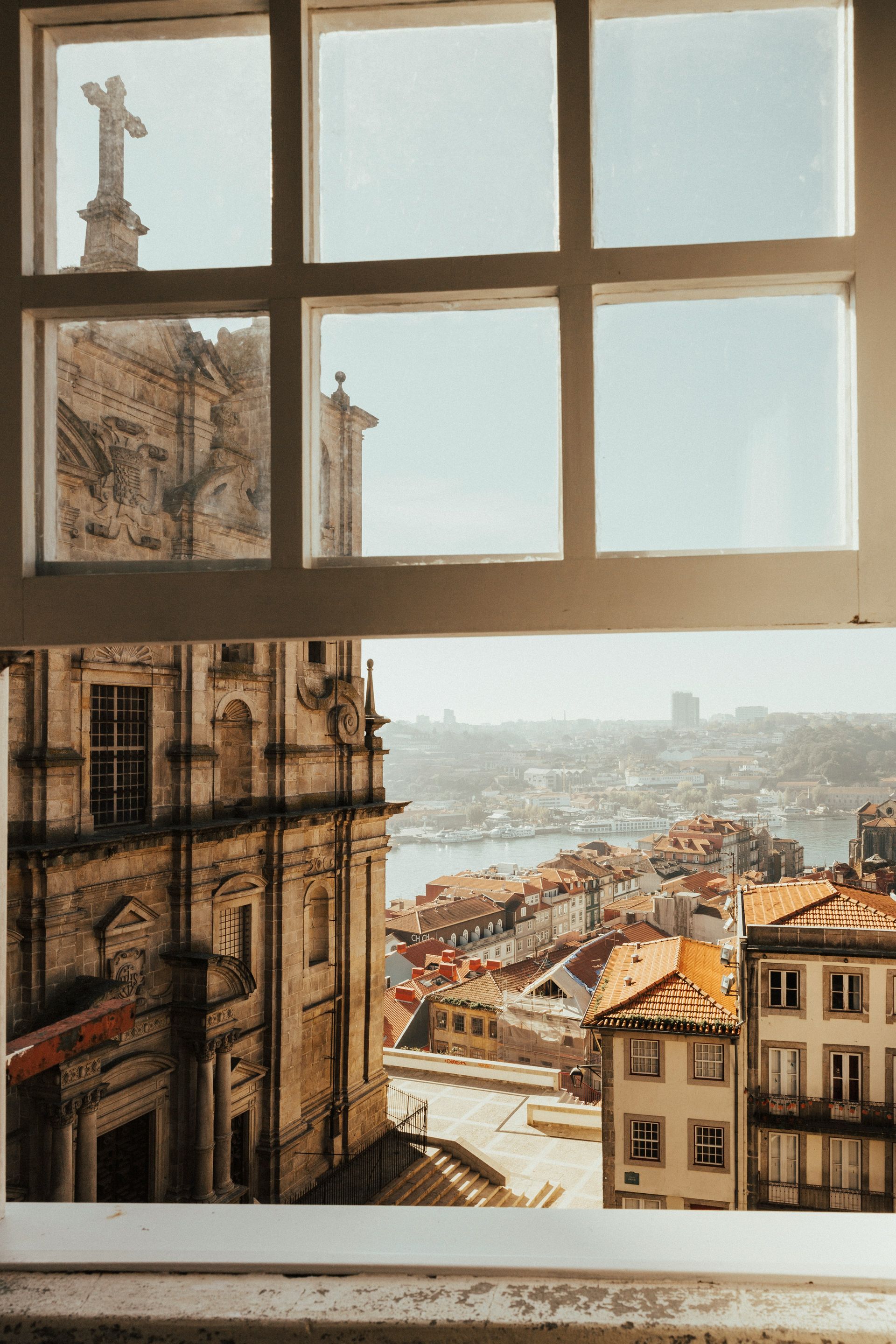
Slide title
Porto
Button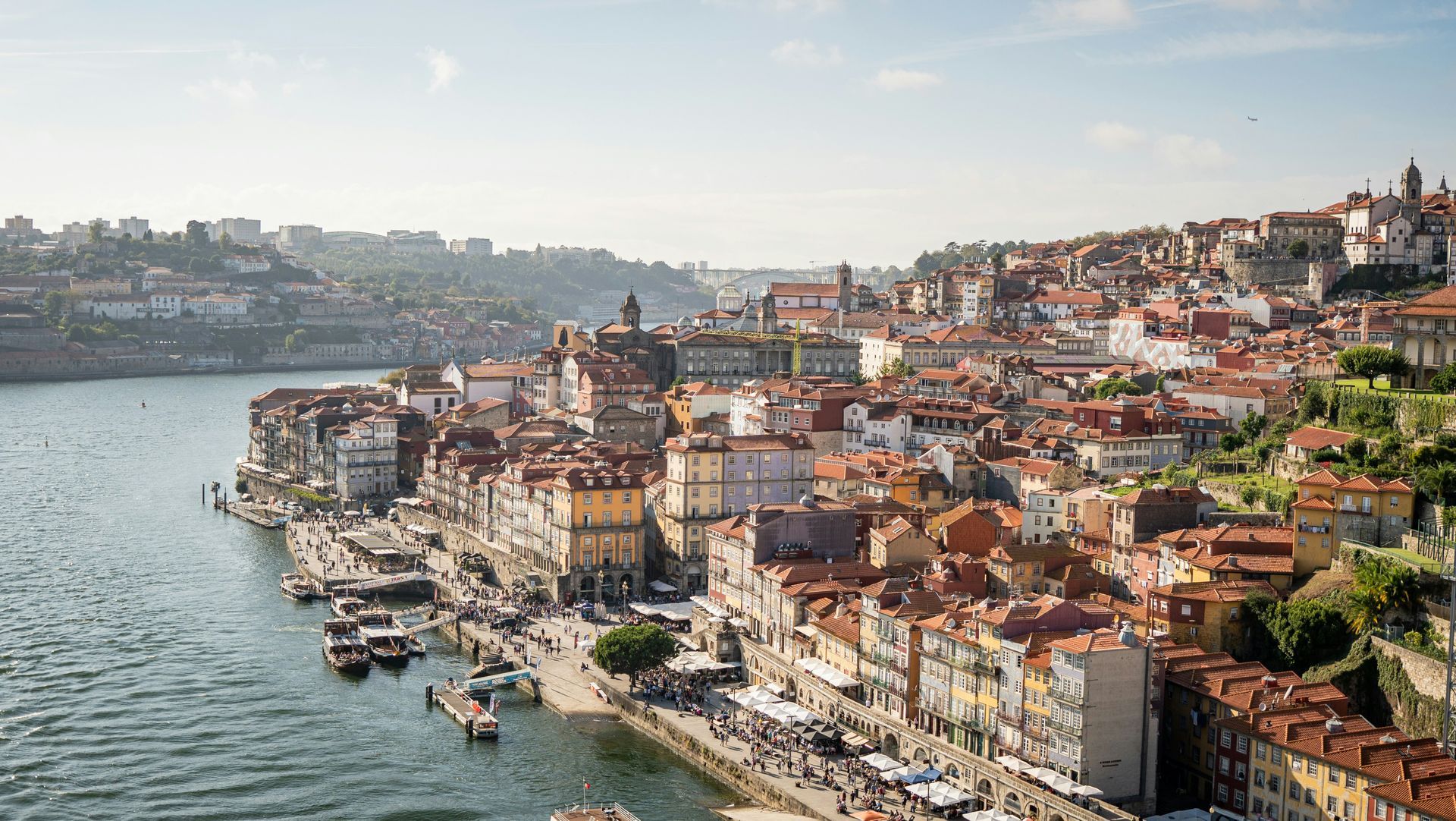
Slide title
Porto
Button
Slide title
Porto
Button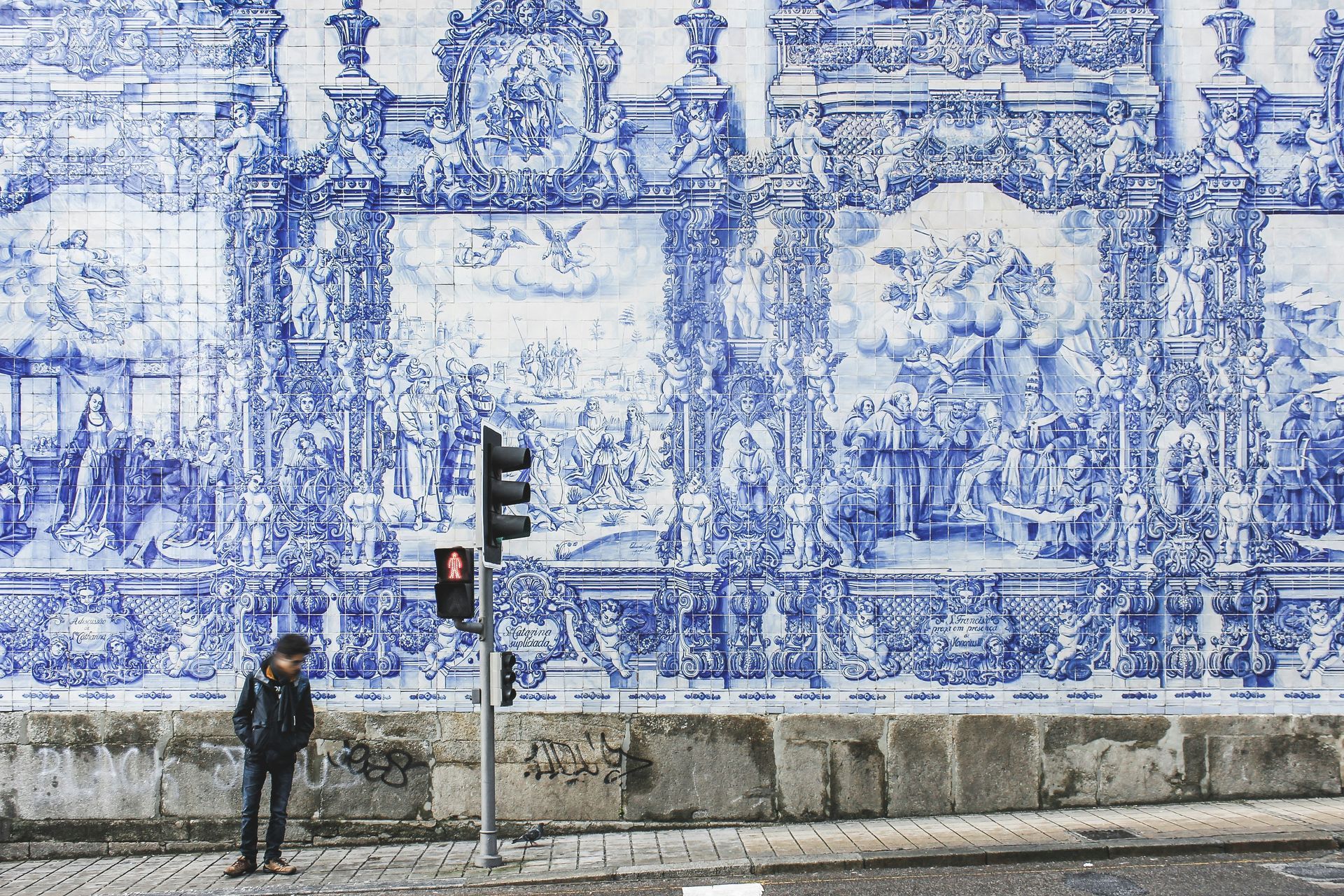
Slide title
Porto
Button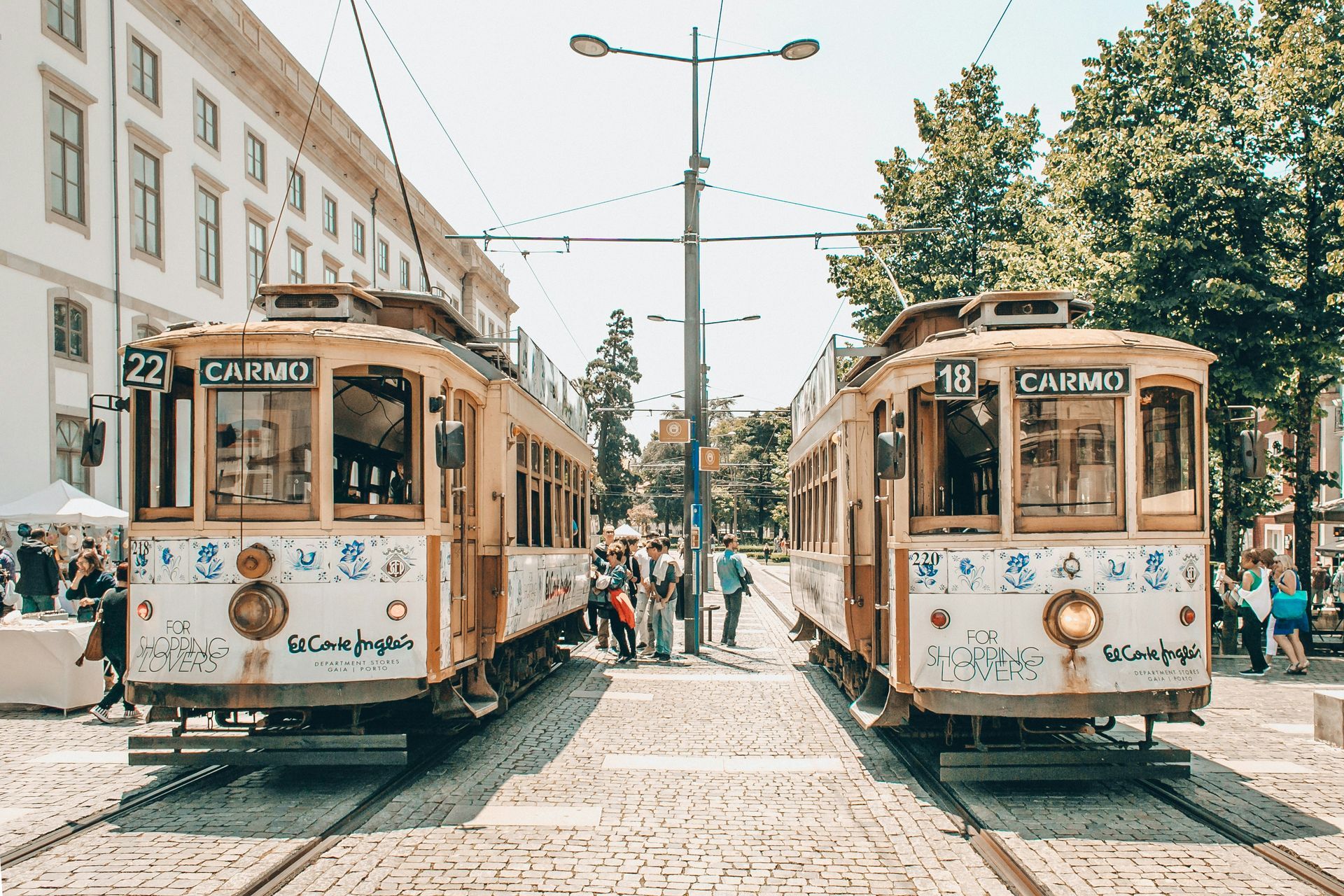
Slide title
Porto
Button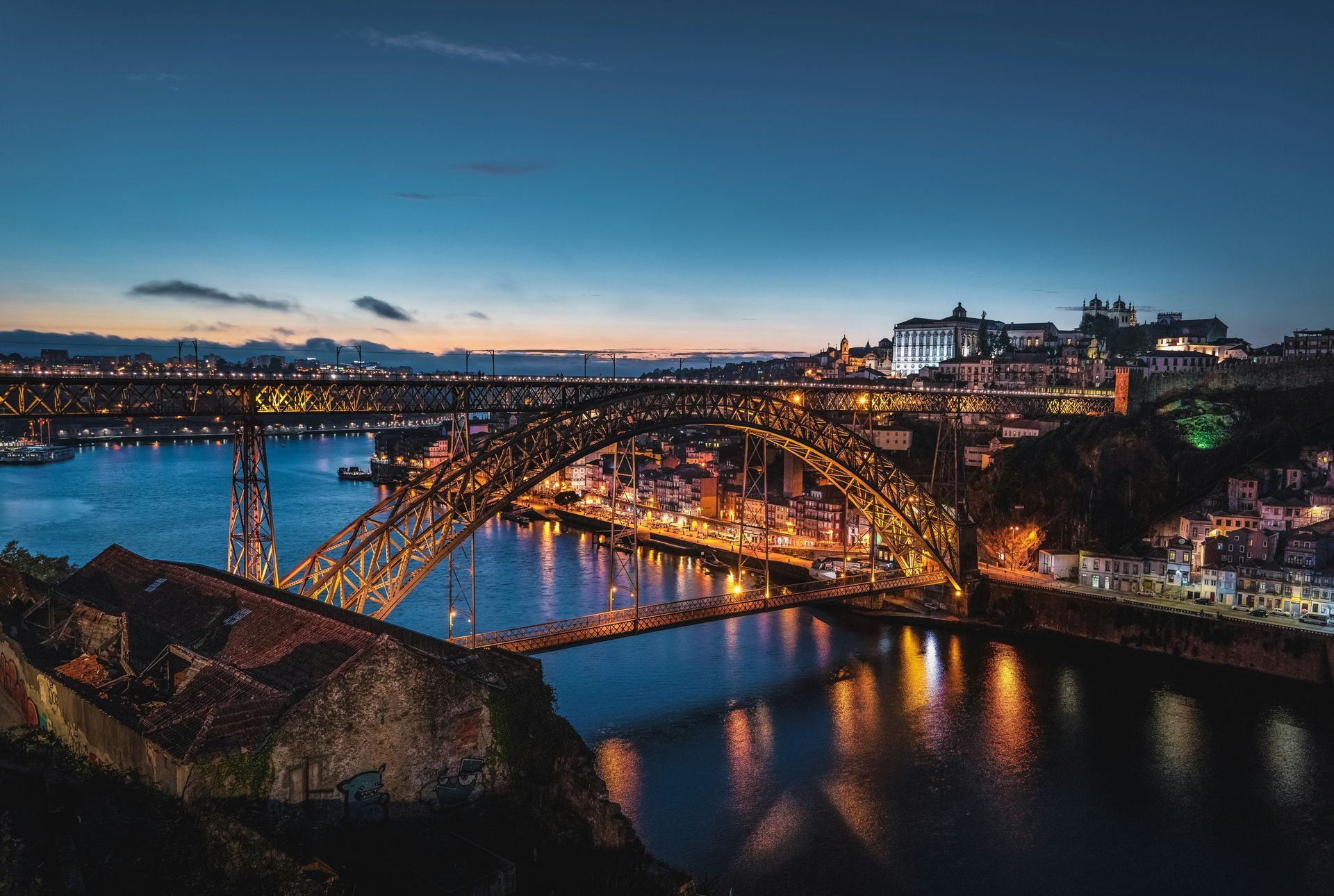
Slide title
Porto
Button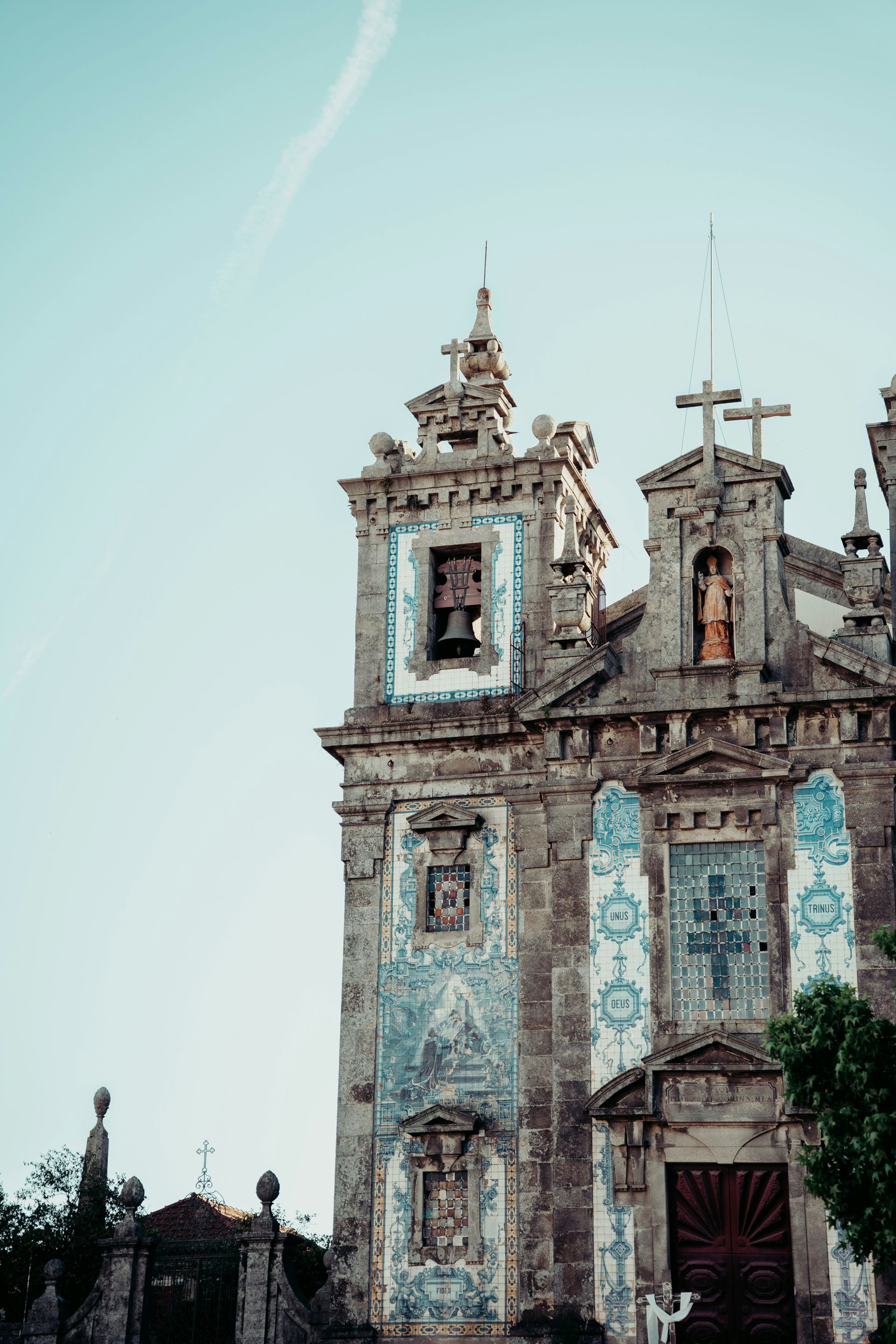
Slide title
Porto
Button
Slide title
Porto
Button
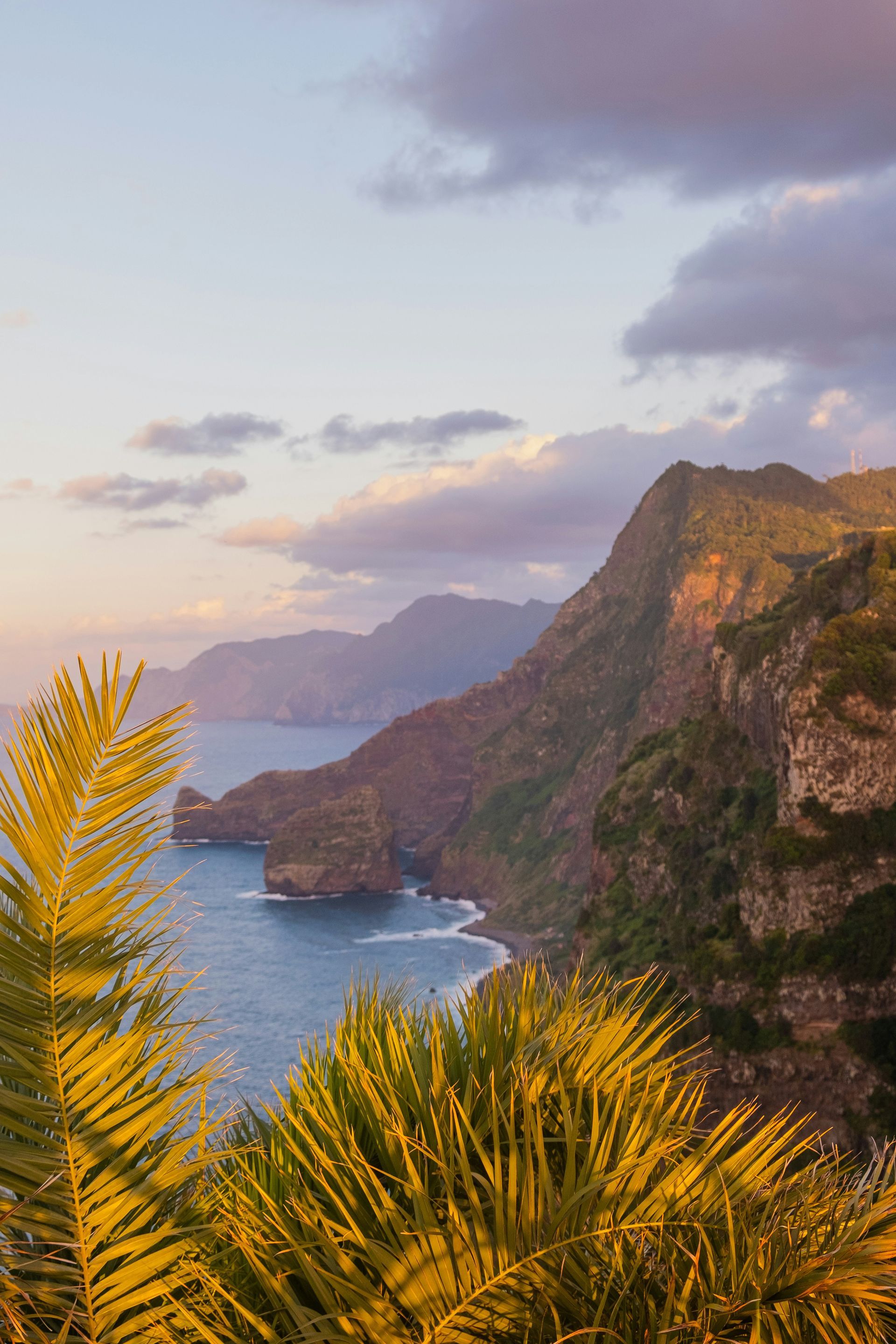
Slide title
Madeira
Button
Slide title
Madeira
Button
Slide title
Madeira
Button
Slide title
Madeira
Button
Slide title
Madeira
Button
Slide title
Madeira
Button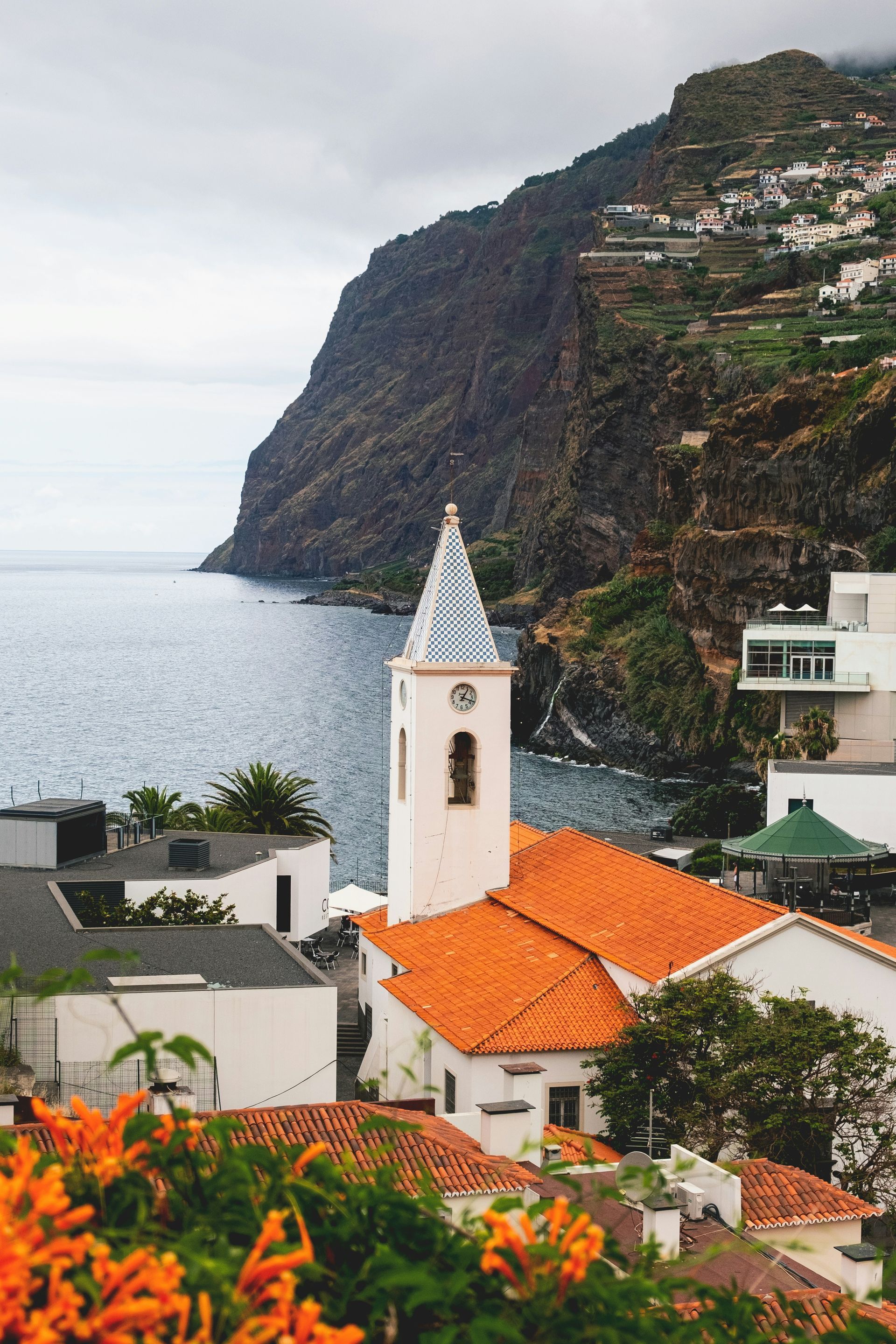
Slide title
Madeira
Button
Slide title
Madeira
Button
Slide title
Madeira
Button
Slide title
Madeira
Button
Slide title
Madeira
Button
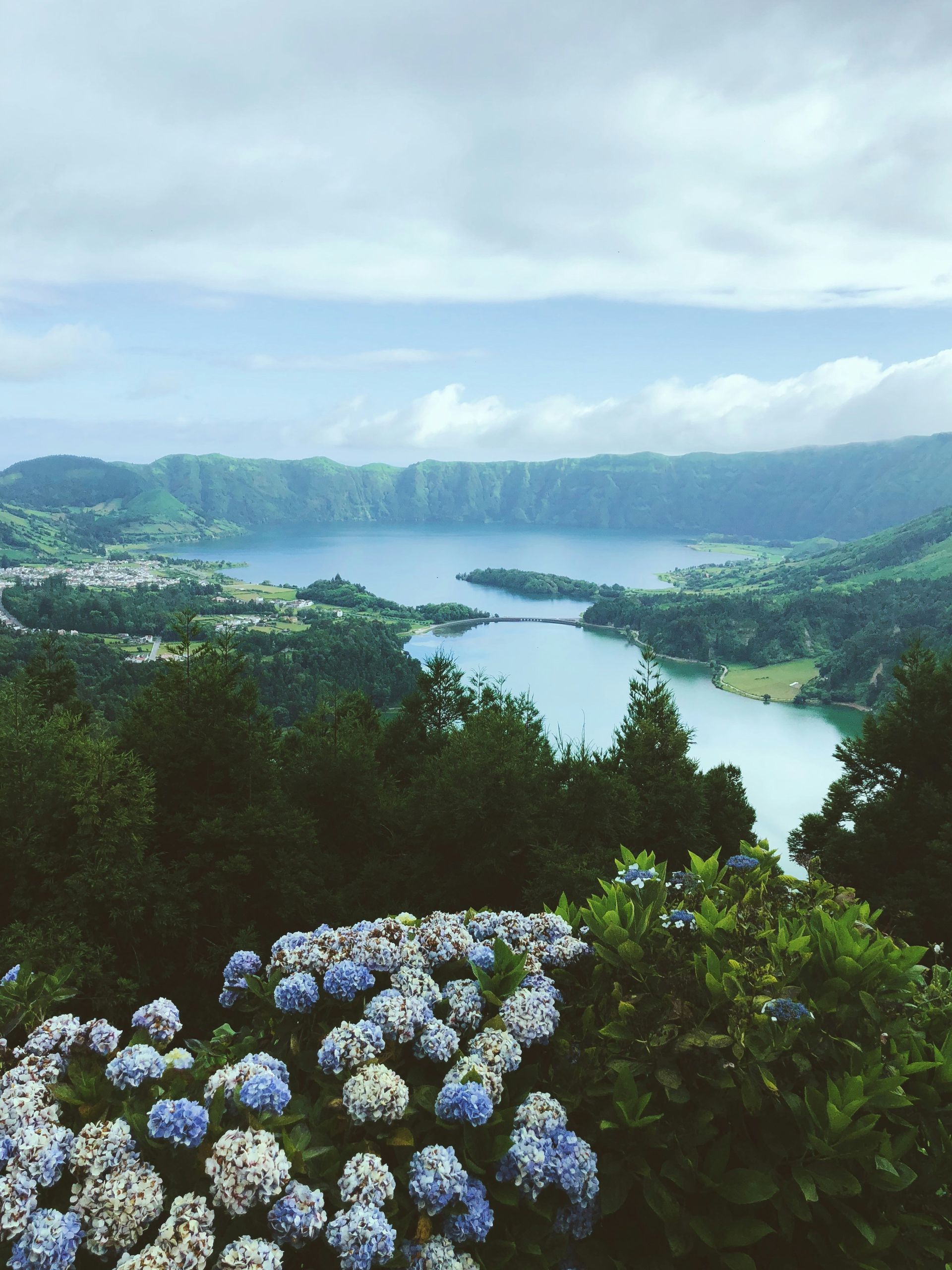
Slide title
Azores
Button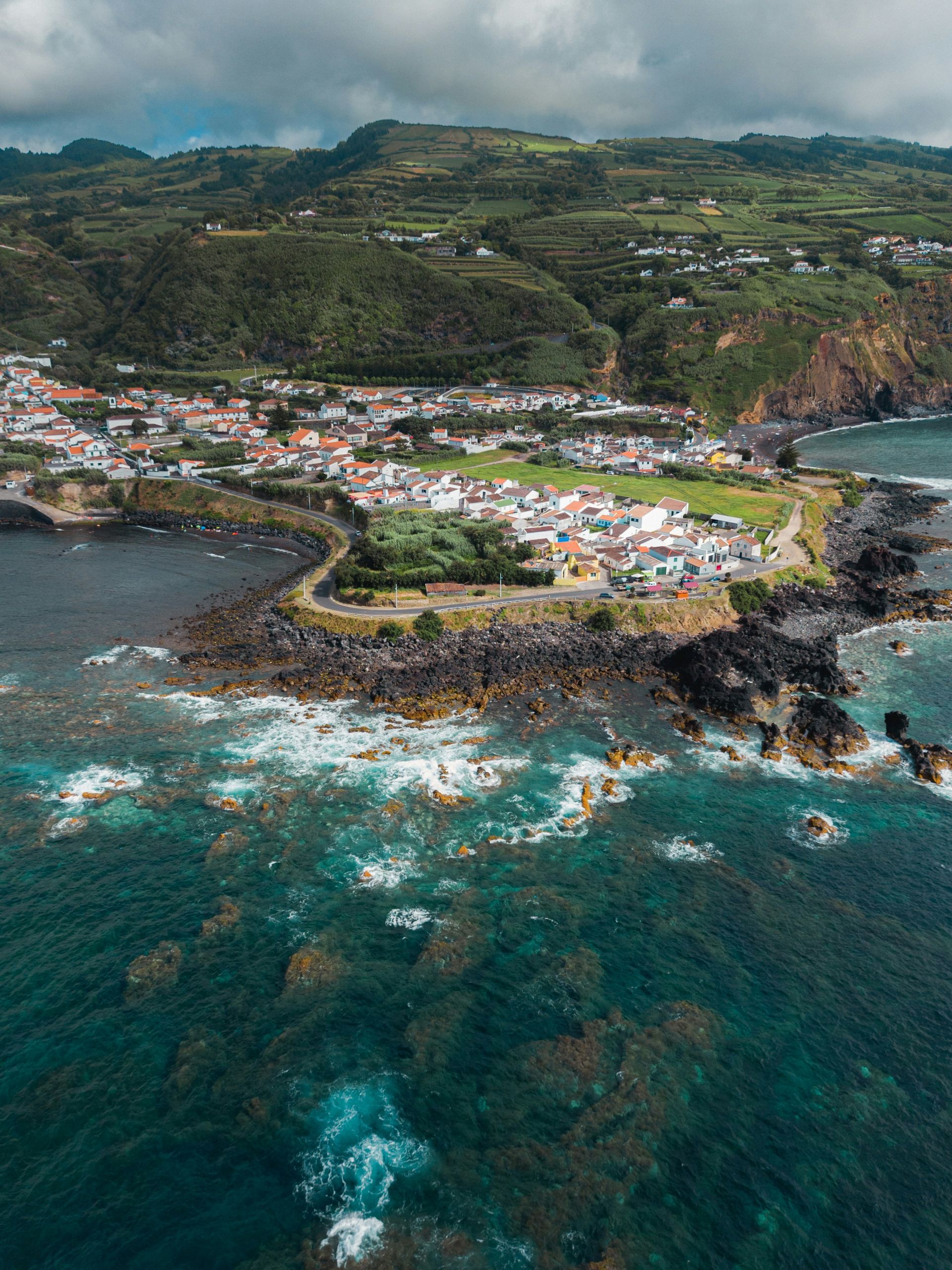
Slide title
Azores
Button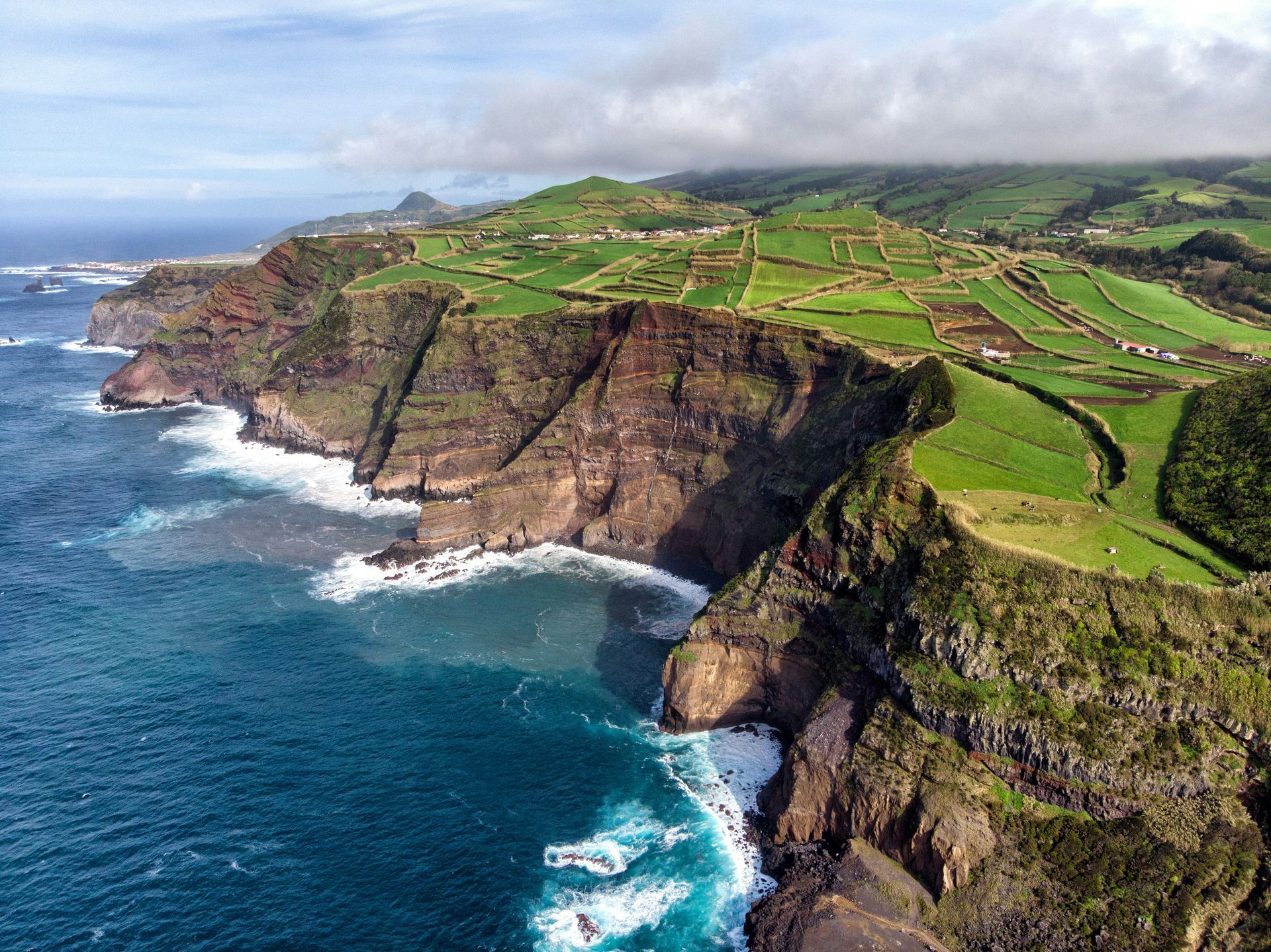
Slide title
Azores
Button
Slide title
Azores
Button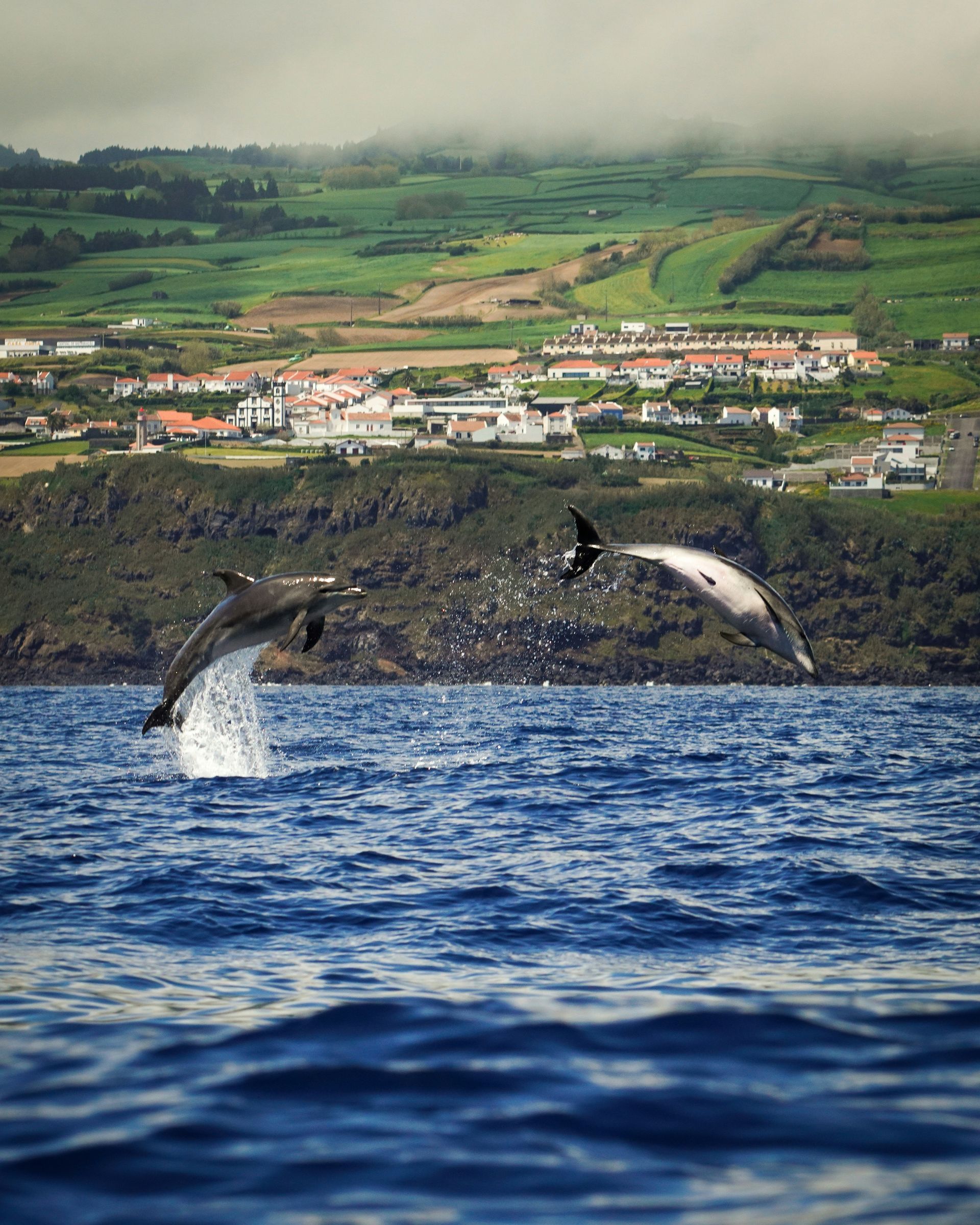
Slide title
Azores
Button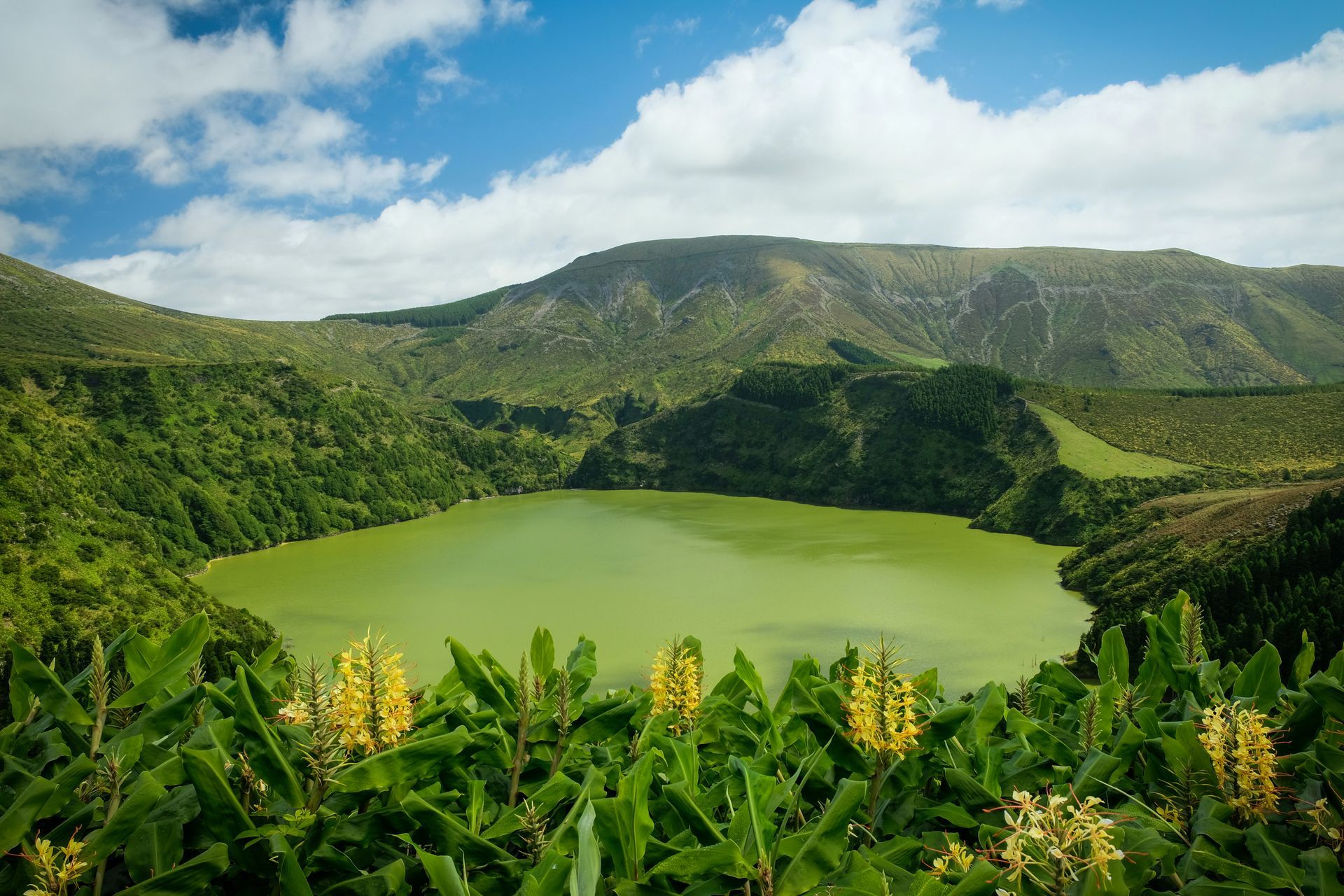
Slide title
Azores
Button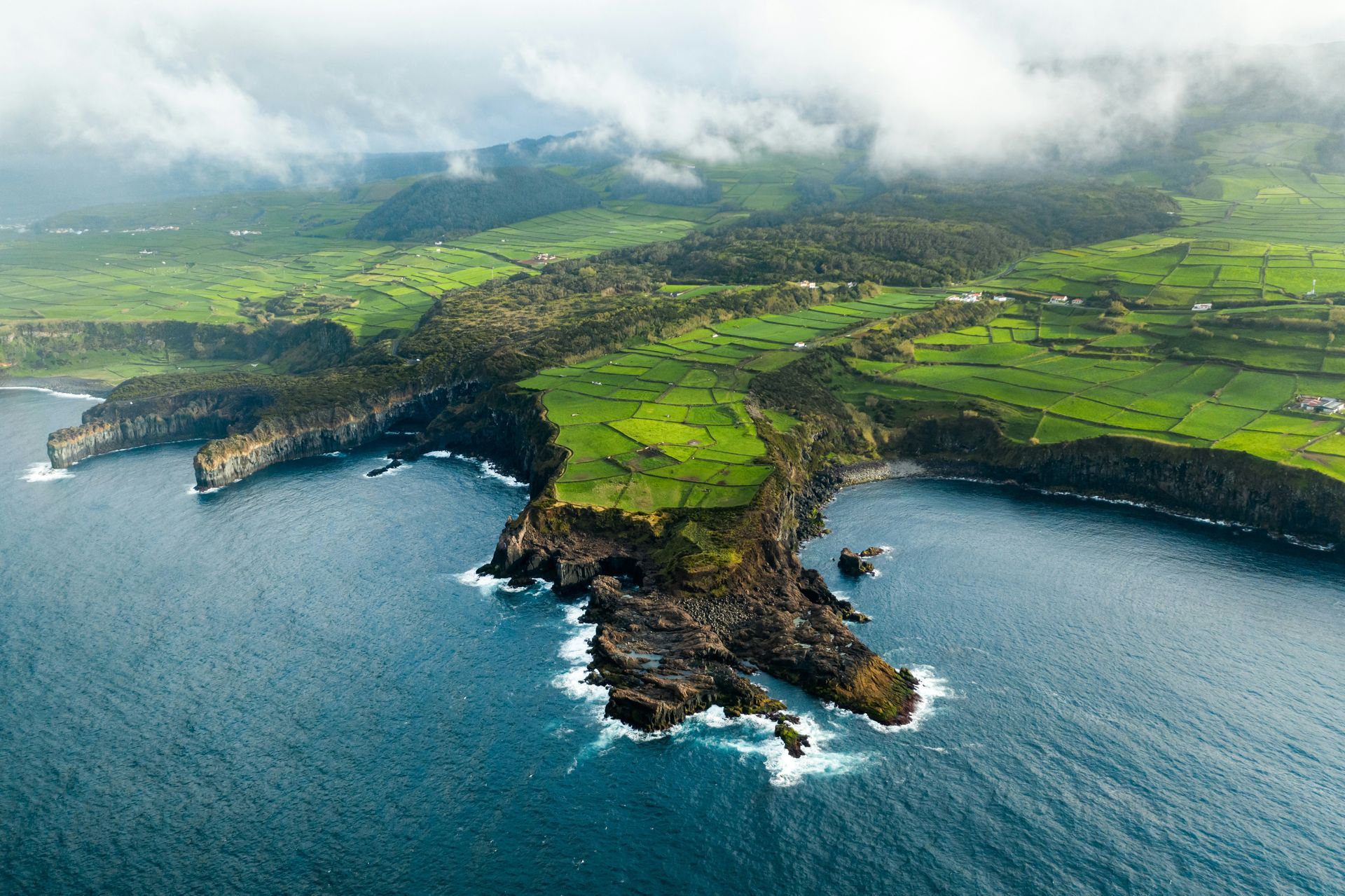
Slide title
Azores
Button
Slide title
Azores
Button

Slide title
Aveiro
Button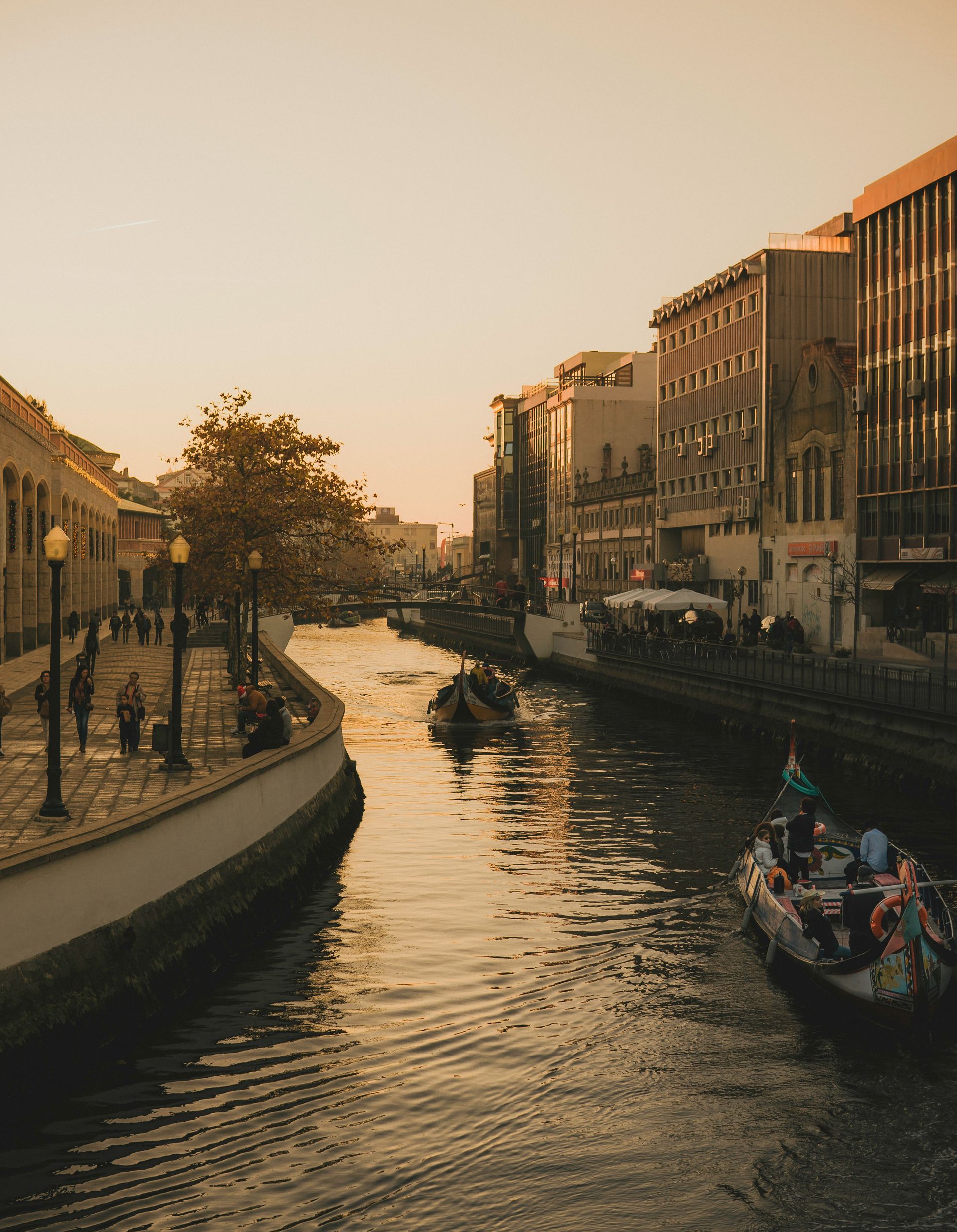
Slide title
Aveiro
Button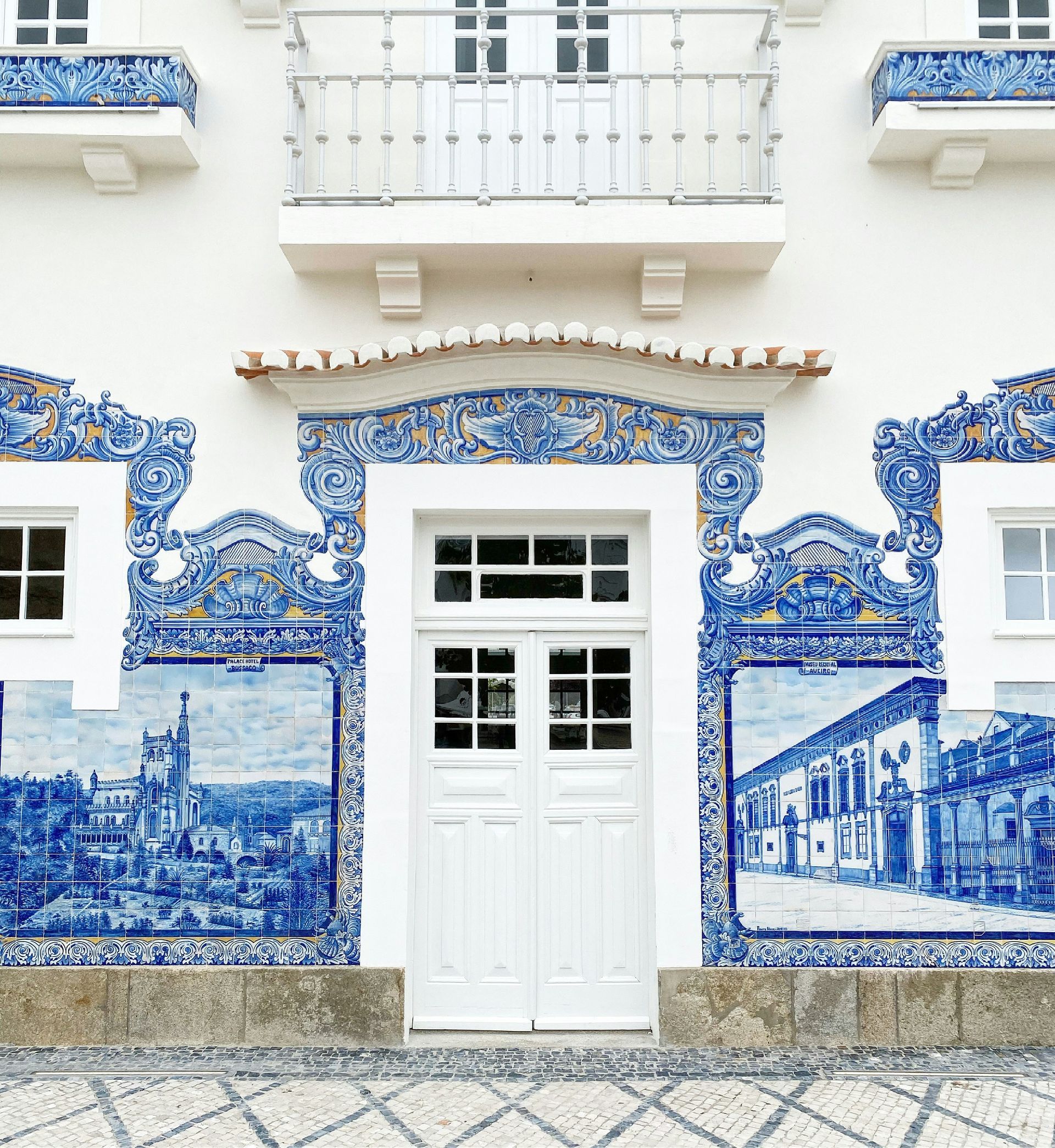
Slide title
Aveiro
Button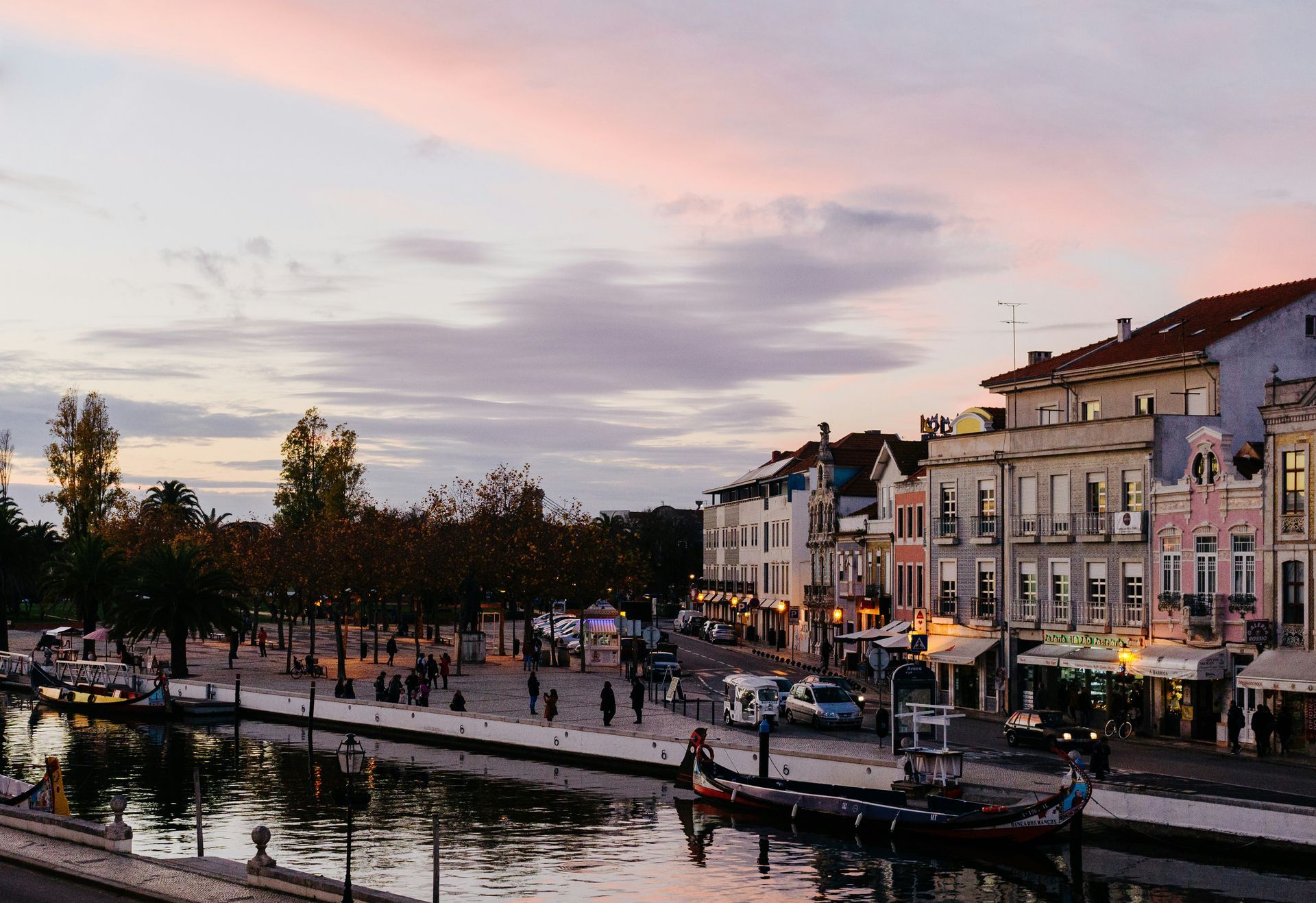
Slide title
Aveiro
Button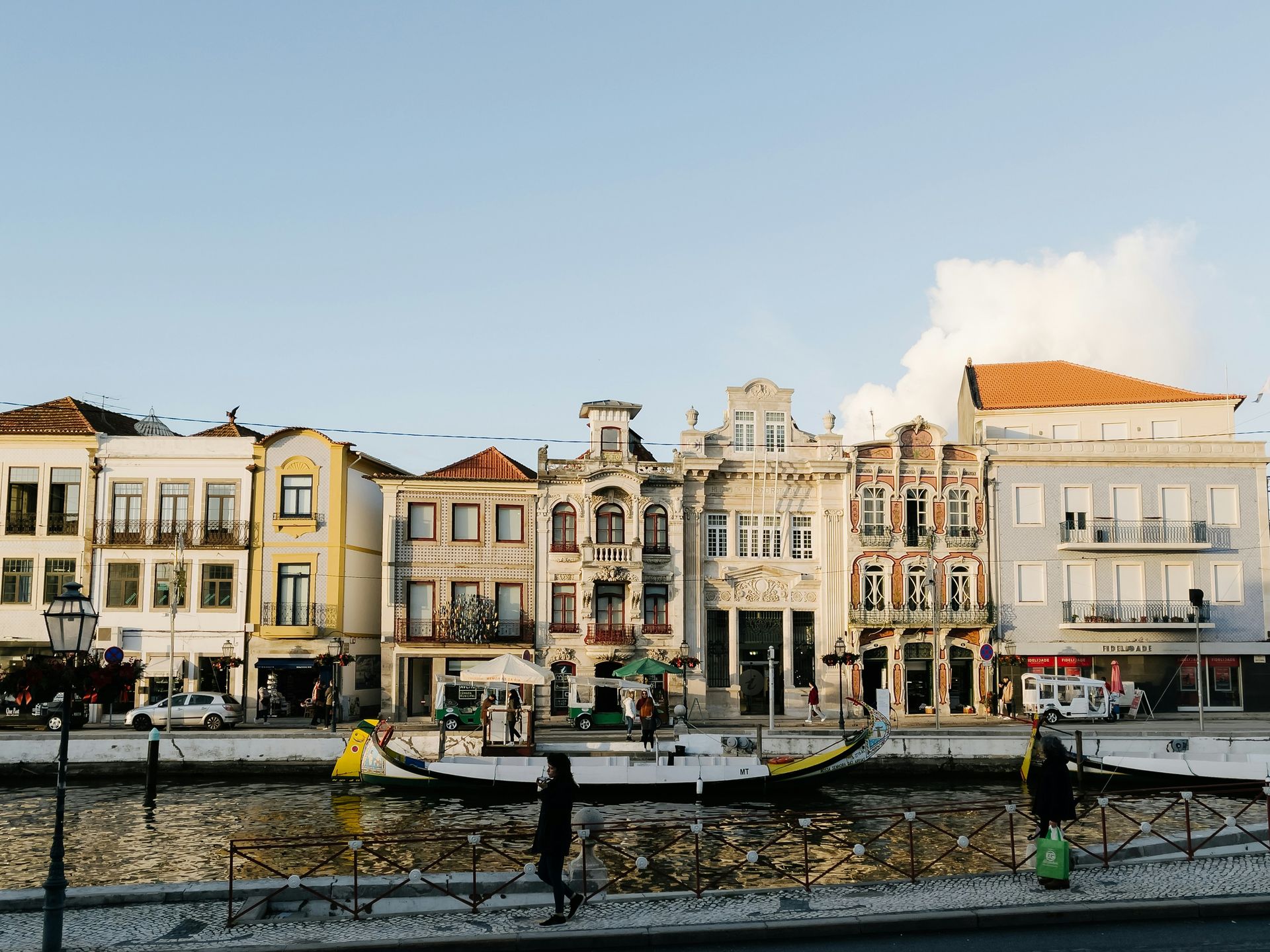
Slide title
Aveiro
Button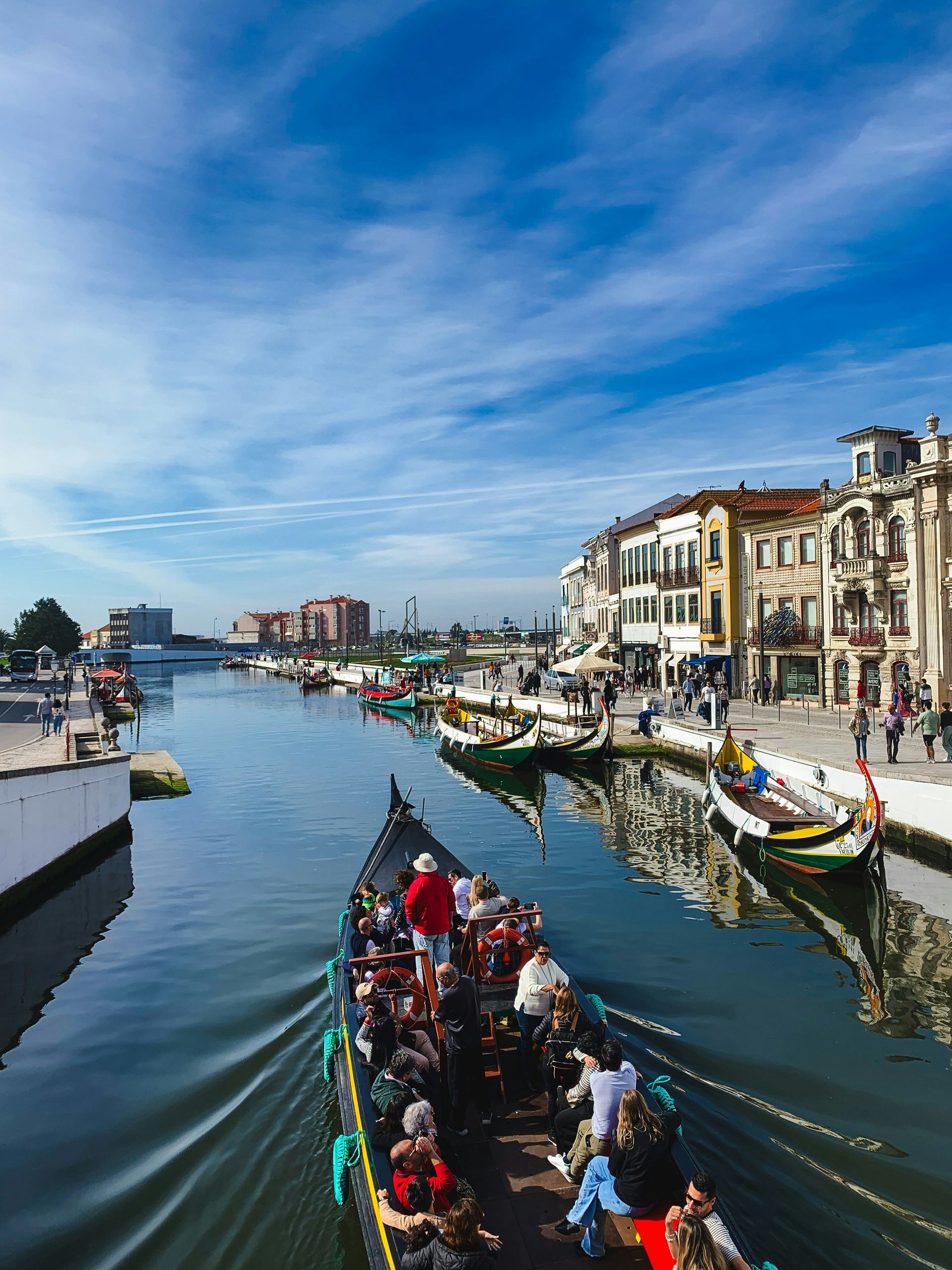
Slide title
Aveiro
Button
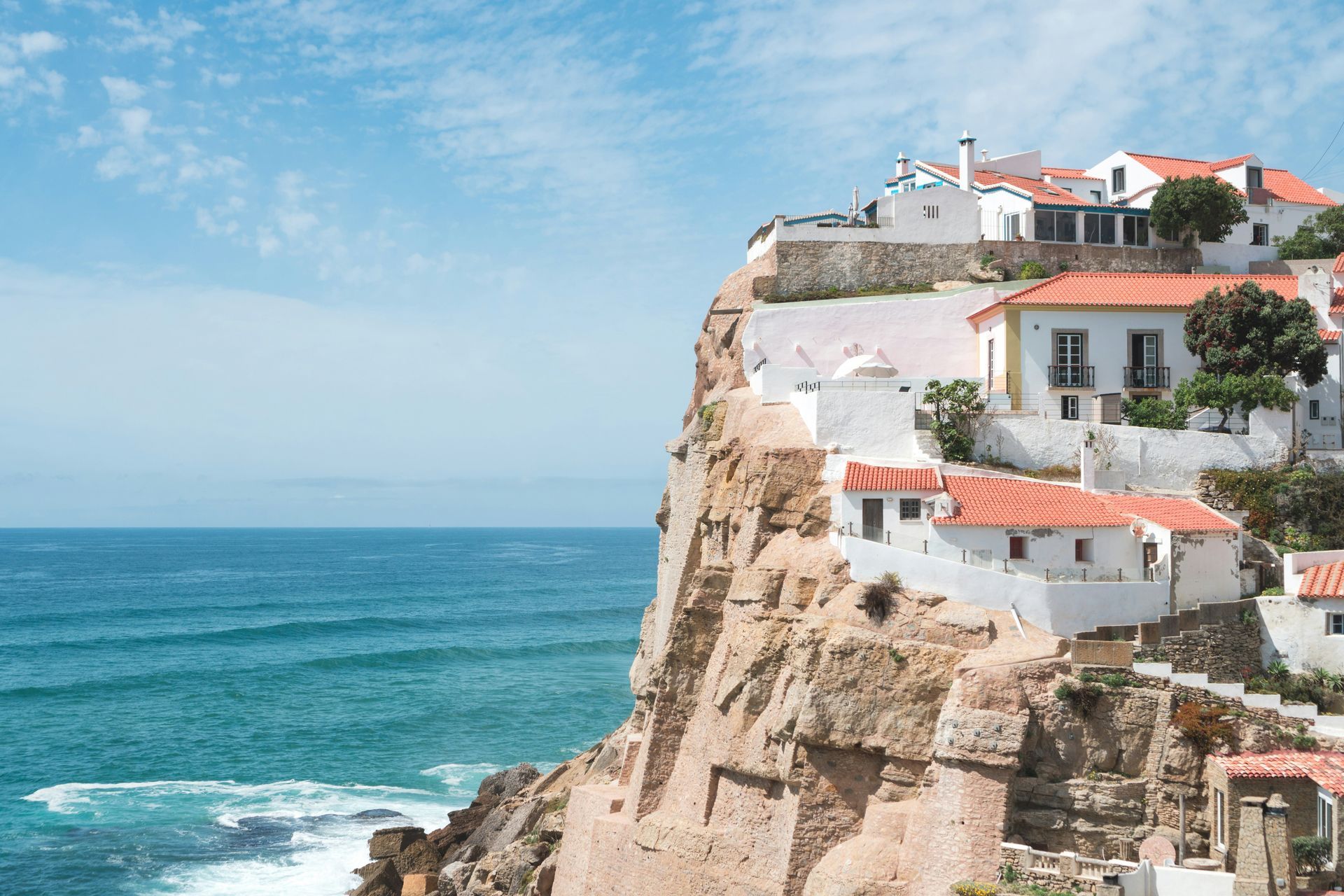
Slide title
Azenhas do Mar
Button
Slide title
Azenhas do Mar
Button
Slide title
Azenhas do Mar
Button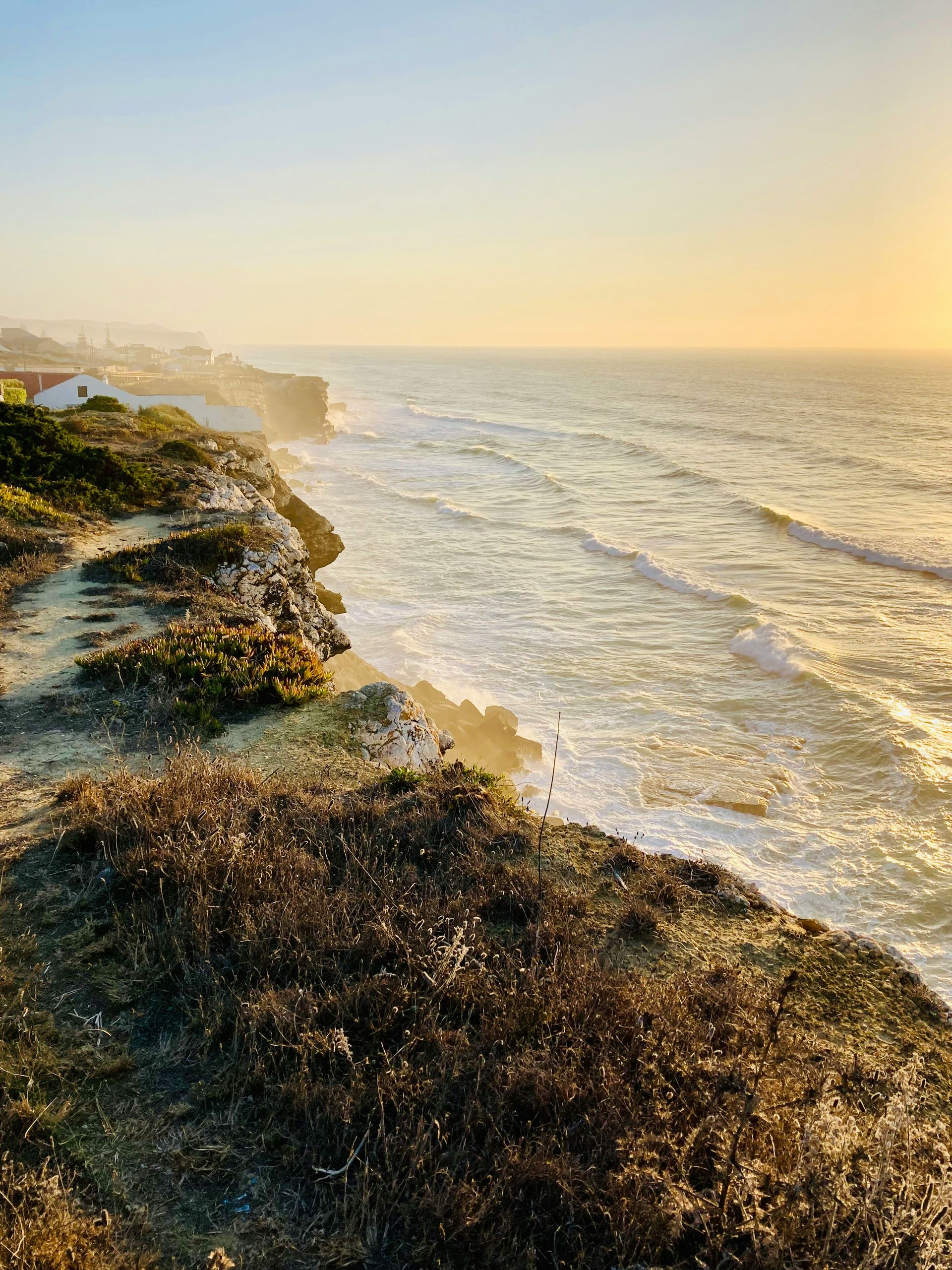
Slide title
Azenhas do Mar
Button
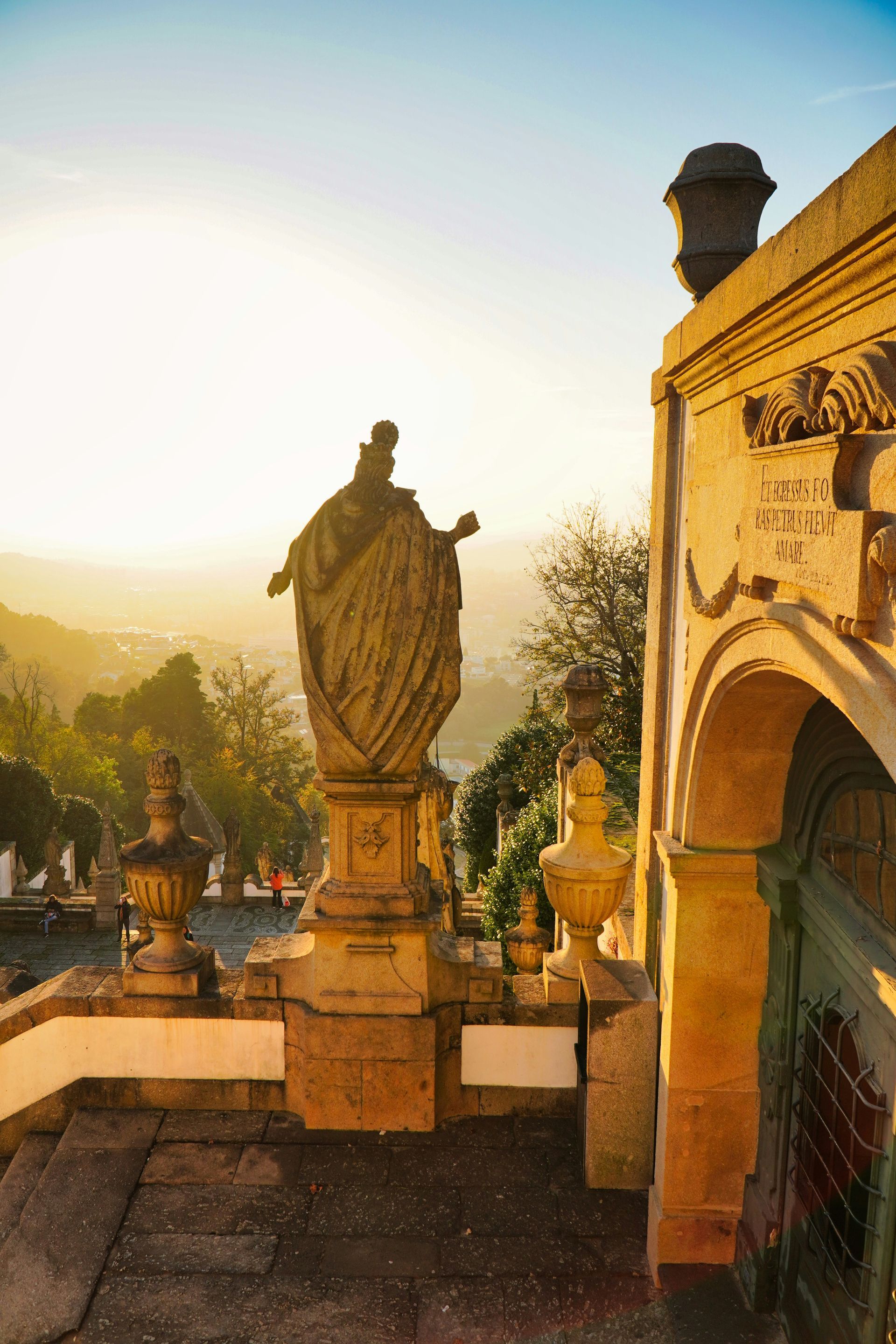
Slide title
Braga
Button
Slide title
Braga
Button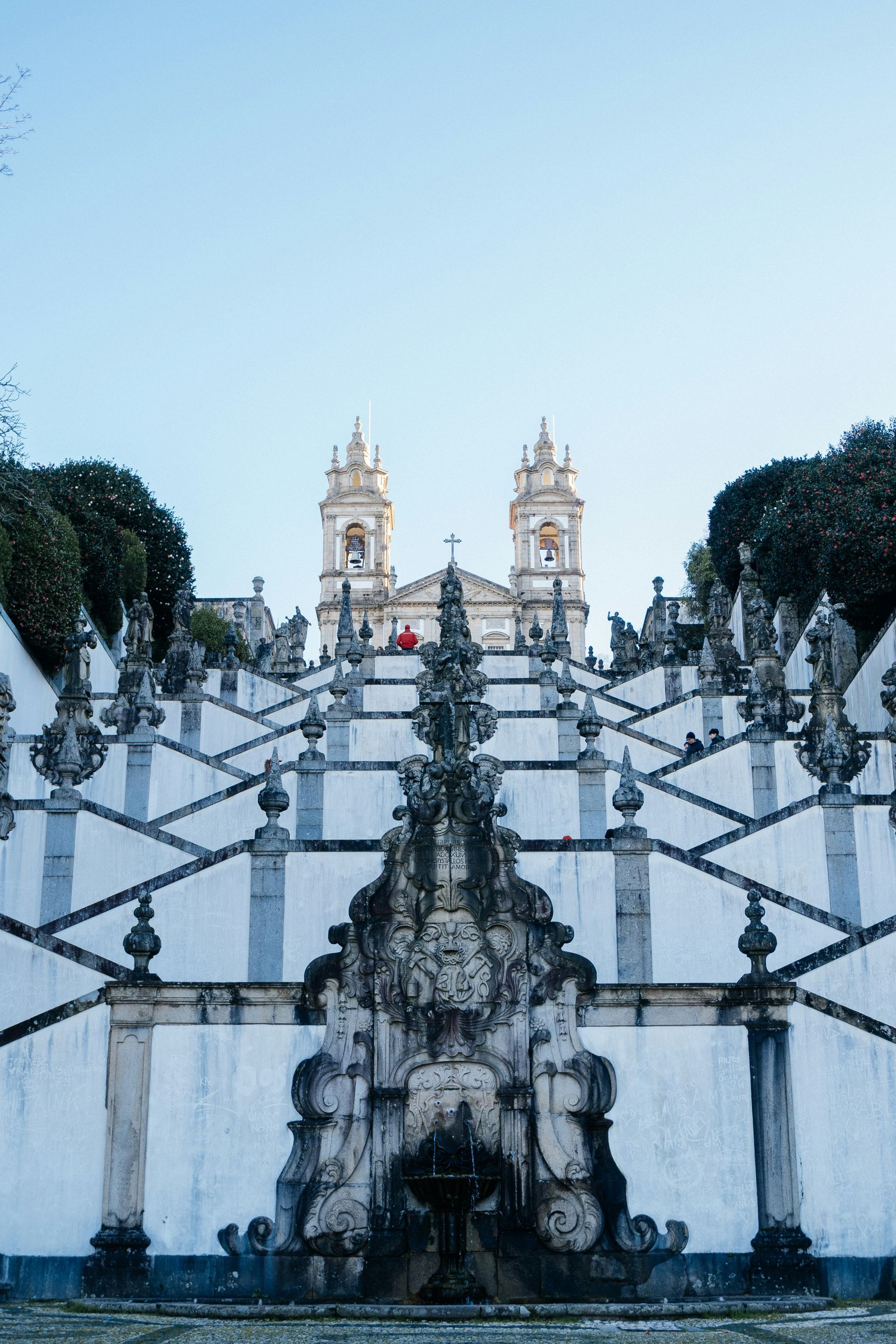
Slide title
Braga
Button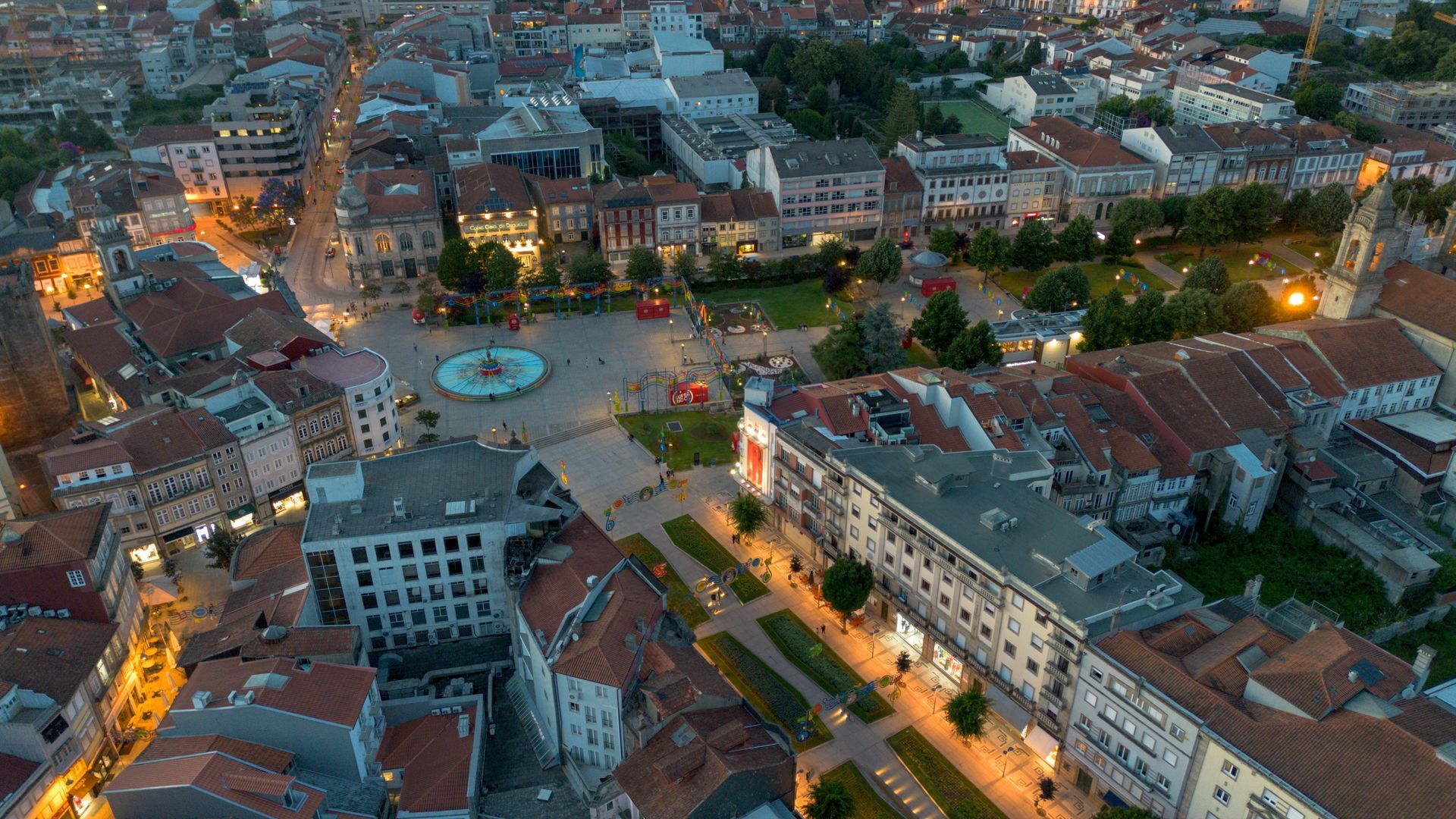
Slide title
Braga
Button
Slide title
Braga
Button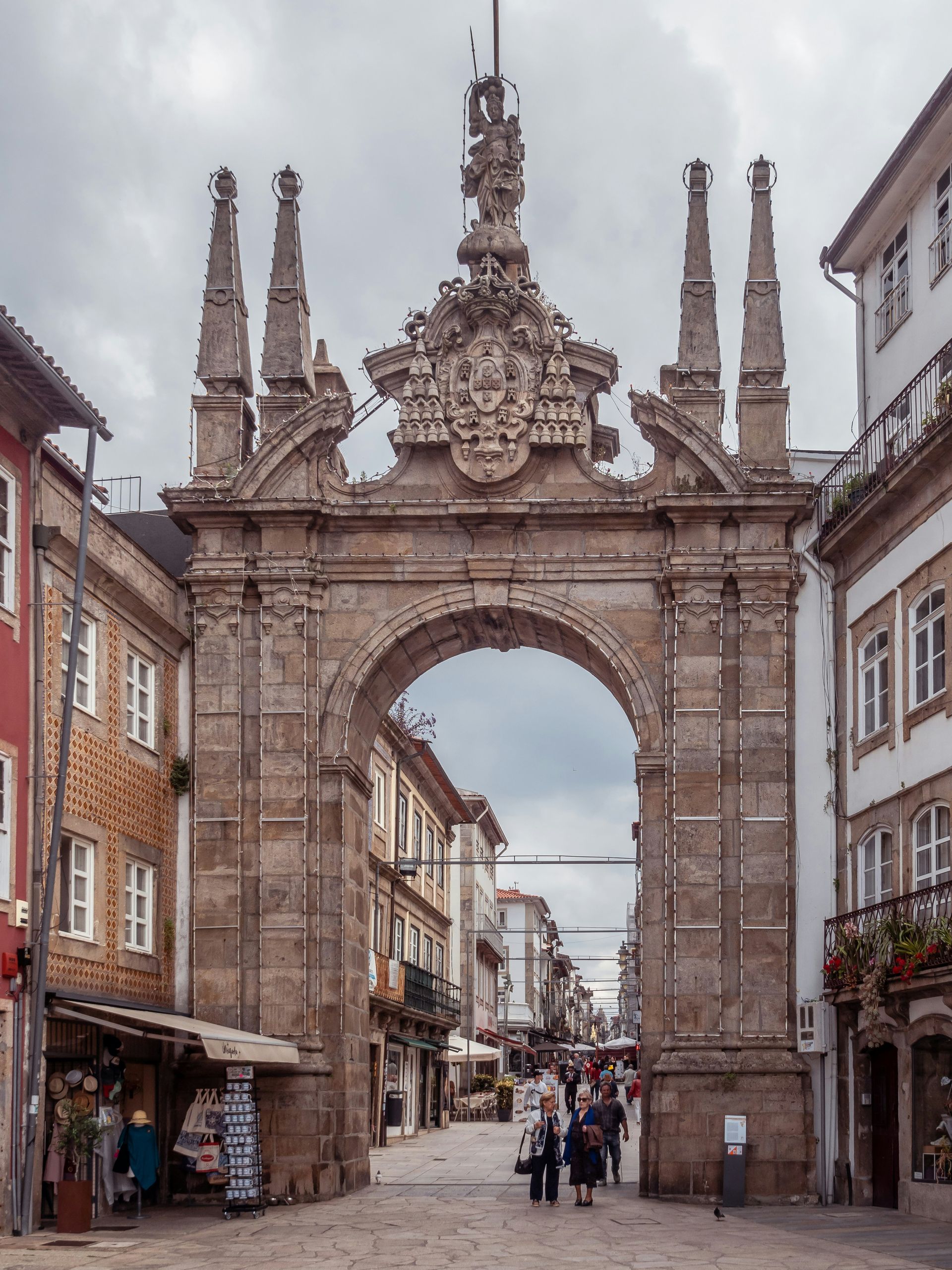
Slide title
Braga
Button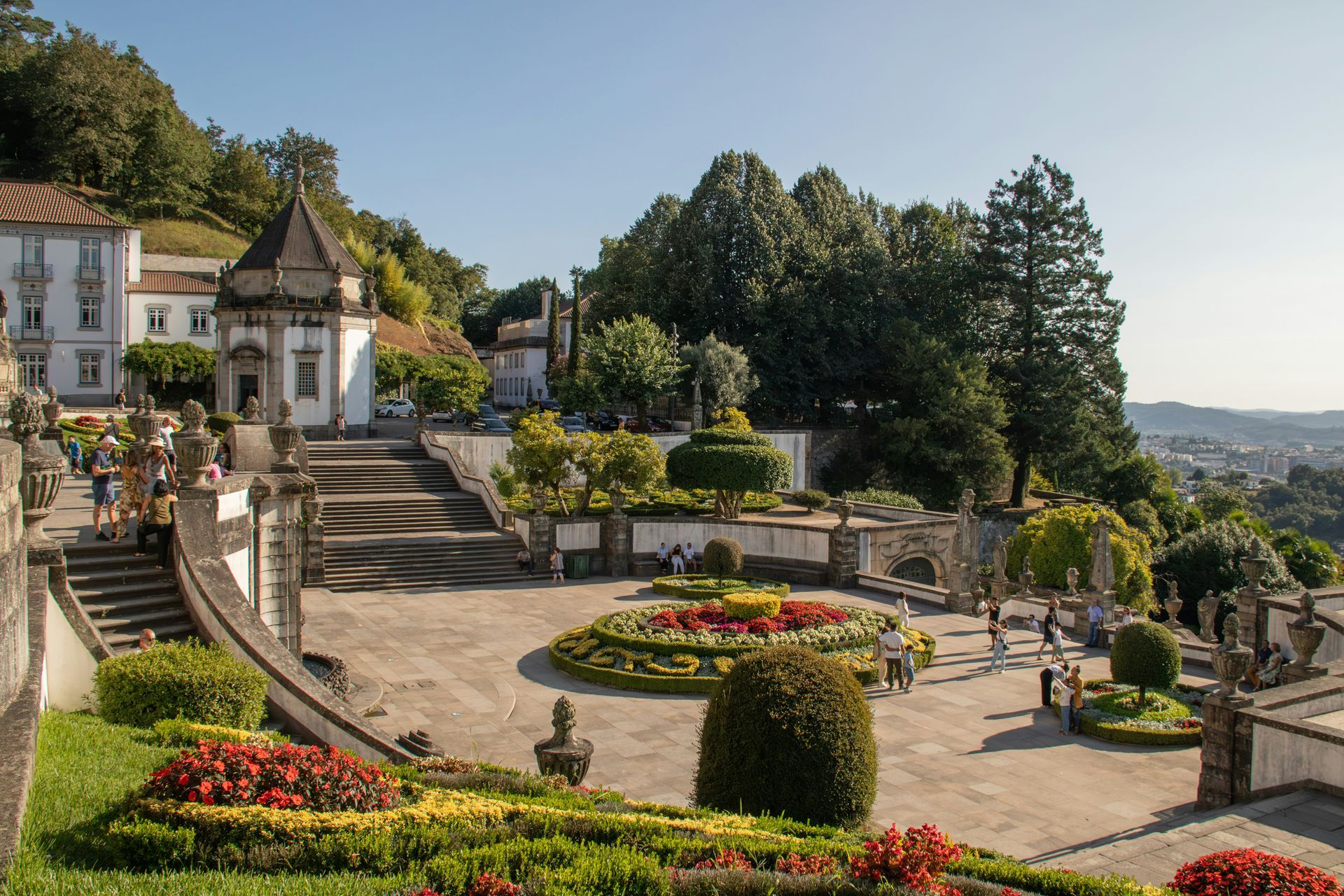
Slide title
Braga
Button
Featured Destinations

Slide title
Lisbon
Button
Slide title
Lisbon
Button
Slide title
Lisbon
Button
Slide title
Lisbon
Button
Slide title
Lisbon
Button
Slide title
Lisbon
Button
Slide title
Lisbon
Button
Slide title
Lisbon
Button

Slide title
The Algarve
Button
Slide title
The Algarve
Button
Slide title
The Algarve
Button
Slide title
The Algarve
Button
Slide title
The Algarve
Button
Slide title
The Algarve
Button
Slide title
The Algarve
Button
Slide title
The Algarve
Button
Slide title
The Algarve
Button
Slide title
The Algarve
Button
Slide title
The Algarve
Button
Slide title
The Algarve
Button

Slide title
Porto
Button
Slide title
Porto
Button
Slide title
Porto
Button
Slide title
Porto
Button
Slide title
Porto
Button
Slide title
Porto
Button
Slide title
Porto
Button
Slide title
Porto
Button

Slide title
Madeira
Button
Slide title
Madeira
Button
Slide title
Madeira
Button
Slide title
Madeira
Button
Slide title
Madeira
Button
Slide title
Madeira
Button
Slide title
Madeira
Button
Slide title
Madeira
Button
Slide title
Madeira
Button
Slide title
Madeira
Button
Slide title
Madeira
Button

Slide title
Azores
Button
Slide title
Azores
Button
Slide title
Azores
Button
Slide title
Azores
Button
Slide title
Azores
Button
Slide title
Azores
Button
Slide title
Azores
Button
Slide title
Azores
Button

Slide title
Aveiro
Button
Slide title
Aveiro
Button
Slide title
Aveiro
Button
Slide title
Aveiro
Button
Slide title
Aveiro
Button
Slide title
Aveiro
Button

Slide title
Azenhas do Mar
Button
Slide title
Azenhas do Mar
Button
Slide title
Azenhas do Mar
Button
Slide title
Azenhas do Mar
Button

Slide title
Braga
Button
Slide title
Braga
Button
Slide title
Braga
Button
Slide title
Braga
Button
Slide title
Braga
Button
Slide title
Braga
Button
Slide title
Braga
Button
The Douro River Valley
The Douro River winds through one of Portugal’s most breathtaking regions, celebrated for its terraced vineyards and timeless charm. Flowing from Spain to the Atlantic coast of Portugal, the valley has been a center of winemaking for centuries and is the birthplace of world-famous Port wine. Its steep hillsides, carved with stone walls and dotted with traditional quintas (wine estates), are a UNESCO World Heritage Site, reflecting the deep connection between people, land, and tradition. Historically, the river served as a lifeline for transporting wine barrels downstream to Porto, where they were aged and shipped worldwide. Today, the Douro invites travelers to experience its history, culture, and scenic beauty through river cruises, tastings, and countryside exploration.
The Douro River Valley
The Douro River winds through one of Portugal’s most breathtaking regions, celebrated for its terraced vineyards and timeless charm. Flowing from Spain to the Atlantic coast of Portugal, the valley has been a center of winemaking for centuries and is the birthplace of world-famous Port wine. Its steep hillsides, carved with stone walls and dotted with traditional quintas (wine estates), are a UNESCO World Heritage Site, reflecting the deep connection between people, land, and tradition. Historically, the river served as a lifeline for transporting wine barrels downstream to Porto, where they were aged and shipped worldwide. Today, the Douro invites travelers to experience its history, culture, and scenic beauty through river cruises, tastings, and countryside exploration.
Traditional Dishes
-
Francesinha
Francesinha is a hearty Portuguese sandwich that originated in Porto, known for its rich layers and bold flavors. It’s typically made with cured meats, fresh sausage, and steak, stacked between slices of bread, then covered with melted cheese and smothered in a savory, slightly spicy beer-based sauce. Often served with a side of crispy fries and sometimes topped with a fried egg, the Francesinha is considered the ultimate comfort food in Portugal and a must-try for anyone visiting the north.
-
Sardinhas Assadas
Sardinhas Assadas, or grilled sardines, are a beloved staple of Portuguese cuisine, especially along the coast. Fresh sardines are simply seasoned with sea salt and grilled over charcoal, giving them a smoky flavor and crispy skin while keeping the flesh tender and juicy. Traditionally enjoyed during summer festivals like the Feast of St. Anthony in Lisbon, they are often served with crusty bread, potatoes, and a splash of olive oil. This dish captures the essence of Portugal’s seafaring heritage and love of simple, fresh flavors.
-
Caldo Verde
Caldo Verde is Portugal’s most beloved soup, often enjoyed at family gatherings and celebrations. This comforting dish is made with thinly sliced collard greens simmered in a savory broth of potatoes, onions, and garlic, creating a silky base. Traditionally, slices of smoky chouriço sausage are added for extra depth of flavor. Served with rustic bread, Caldo Verde is both simple and hearty, embodying the warmth and tradition of Portuguese home cooking.
-
Lapas
Lapas, or limpets, are a traditional delicacy from Portugal’s islands, especially Madeira and the Azores. These shellfish are usually grilled with garlic, butter, and a squeeze of fresh lemon, highlighting their briny, ocean-fresh flavor. Served straight from the shell, lapas are often enjoyed with crusty bread and a glass of local white wine. Simple yet full of character, this dish reflects Portugal’s deep connection to the sea and island traditions.
-
Pastel de Nata
Pastel de Nata is Portugal’s most iconic pastry—a delicate custard tart with a flaky, buttery crust and a creamy, caramelized filling. Traditionally enjoyed with a sprinkle of cinnamon and powdered sugar, these little tarts are often paired with a strong espresso for the perfect café treat. Originating in Lisbon’s monasteries in the 18th century, Pastéis de Nata have become a symbol of Portuguese sweetness, beloved both at home and around the world.
-
Leitão
Leitão, or roast suckling pig, is a celebrated Portuguese specialty, especially famous in the Bairrada region. The young pig is marinated with a blend of garlic, pepper, lard, and herbs, then slowly roasted in a wood-fired oven until the skin becomes perfectly crispy while the meat stays tender and juicy. Often served with orange slices, chips, or rice, Leitão is considered a festive dish, traditionally enjoyed during special occasions and gatherings. Its rich flavors and unique preparation make it one of Portugal’s most iconic culinary experiences.
-
Cataplana de Marisco
Cataplana de Marisco is a classic Portuguese seafood stew, named after the clam-shaped copper pot in which it is cooked. Bursting with the flavors of the Algarve coast, it combines fresh shellfish such as clams, mussels, shrimp, and sometimes fish, simmered with tomatoes, onions, garlic, herbs, and a splash of white wine. The sealed cataplana pot locks in steam, creating a rich, aromatic dish that celebrates the sea. Served family-style with crusty bread, it’s a true taste of coastal Portugal and a favorite among seafood lovers.
Traditional Dishes
-
Francesinha
Francesinha is a hearty Portuguese sandwich that originated in Porto, known for its rich layers and bold flavors. It’s typically made with cured meats, fresh sausage, and steak, stacked between slices of bread, then covered with melted cheese and smothered in a savory, slightly spicy beer-based sauce. Often served with a side of crispy fries and sometimes topped with a fried egg, the Francesinha is considered the ultimate comfort food in Portugal and a must-try for anyone visiting the north.
-
Sardinhas Assadas
Sardinhas Assadas, or grilled sardines, are a beloved staple of Portuguese cuisine, especially along the coast. Fresh sardines are simply seasoned with sea salt and grilled over charcoal, giving them a smoky flavor and crispy skin while keeping the flesh tender and juicy. Traditionally enjoyed during summer festivals like the Feast of St. Anthony in Lisbon, they are often served with crusty bread, potatoes, and a splash of olive oil. This dish captures the essence of Portugal’s seafaring heritage and love of simple, fresh flavors.
-
Caldo Verde
Caldo Verde is Portugal’s most beloved soup, often enjoyed at family gatherings and celebrations. This comforting dish is made with thinly sliced collard greens simmered in a savory broth of potatoes, onions, and garlic, creating a silky base. Traditionally, slices of smoky chouriço sausage are added for extra depth of flavor. Served with rustic bread, Caldo Verde is both simple and hearty, embodying the warmth and tradition of Portuguese home cooking.
-
Lapas
Lapas, or limpets, are a traditional delicacy from Portugal’s islands, especially Madeira and the Azores. These shellfish are usually grilled with garlic, butter, and a squeeze of fresh lemon, highlighting their briny, ocean-fresh flavor. Served straight from the shell, lapas are often enjoyed with crusty bread and a glass of local white wine. Simple yet full of character, this dish reflects Portugal’s deep connection to the sea and island traditions.
-
Pastel de Nata
Pastel de Nata is Portugal’s most iconic pastry—a delicate custard tart with a flaky, buttery crust and a creamy, caramelized filling. Traditionally enjoyed with a sprinkle of cinnamon and powdered sugar, these little tarts are often paired with a strong espresso for the perfect café treat. Originating in Lisbon’s monasteries in the 18th century, Pastéis de Nata have become a symbol of Portuguese sweetness, beloved both at home and around the world.
-
Leitão
Leitão, or roast suckling pig, is a celebrated Portuguese specialty, especially famous in the Bairrada region. The young pig is marinated with a blend of garlic, pepper, lard, and herbs, then slowly roasted in a wood-fired oven until the skin becomes perfectly crispy while the meat stays tender and juicy. Often served with orange slices, chips, or rice, Leitão is considered a festive dish, traditionally enjoyed during special occasions and gatherings. Its rich flavors and unique preparation make it one of Portugal’s most iconic culinary experiences.
-
Cataplana de Marisco
Cataplana de Marisco is a classic Portuguese seafood stew, named after the clam-shaped copper pot in which it is cooked. Bursting with the flavors of the Algarve coast, it combines fresh shellfish such as clams, mussels, shrimp, and sometimes fish, simmered with tomatoes, onions, garlic, herbs, and a splash of white wine. The sealed cataplana pot locks in steam, creating a rich, aromatic dish that celebrates the sea. Served family-style with crusty bread, it’s a true taste of coastal Portugal and a favorite among seafood lovers.
Love this destination?
Have Viking Travel book your next getaway!


